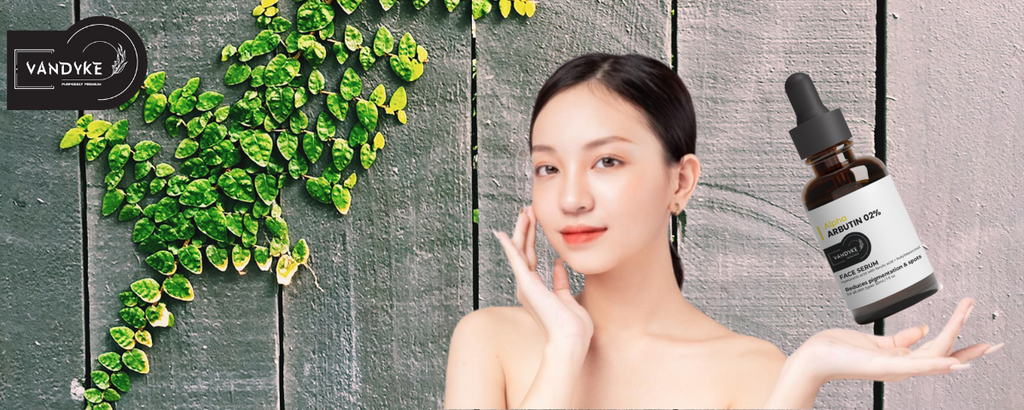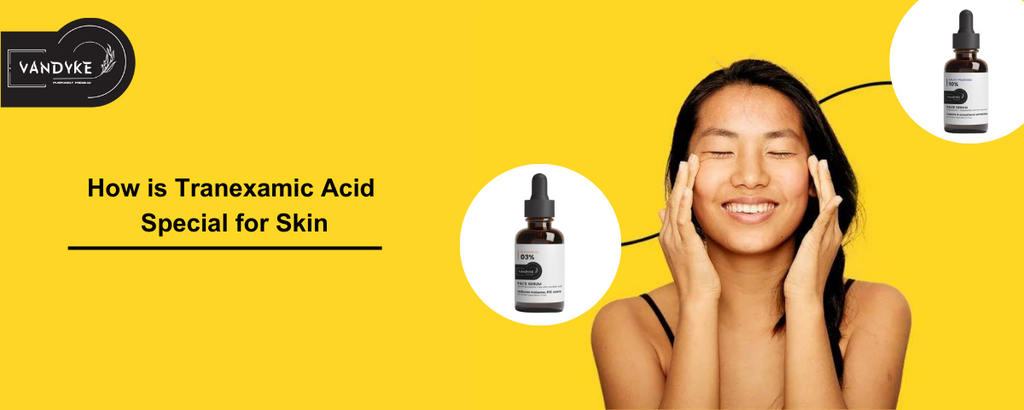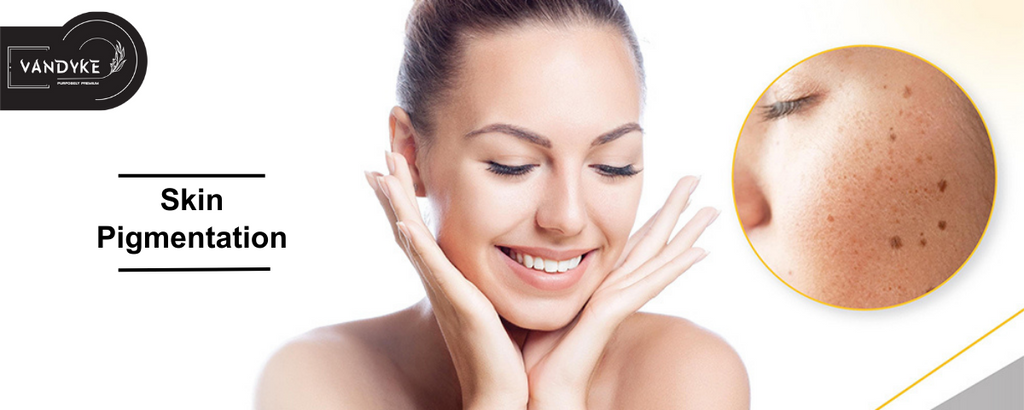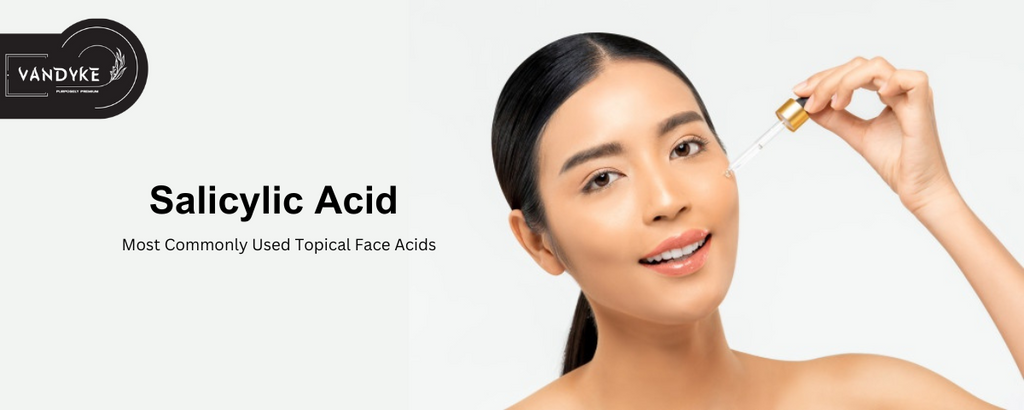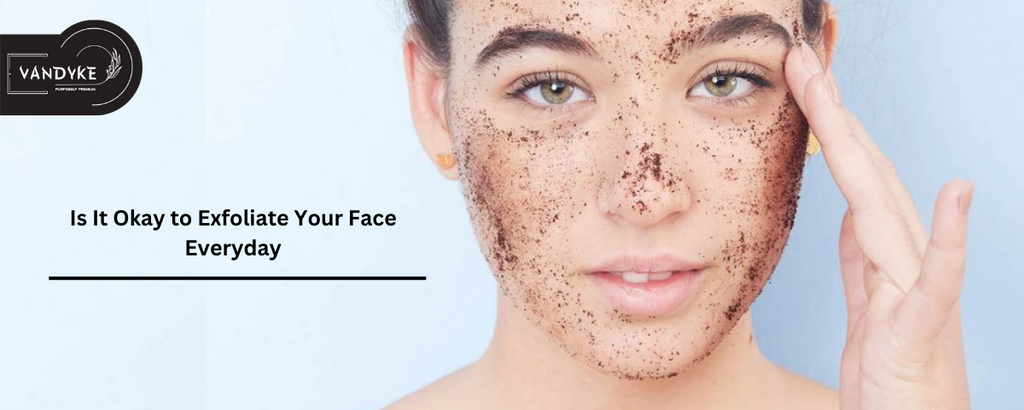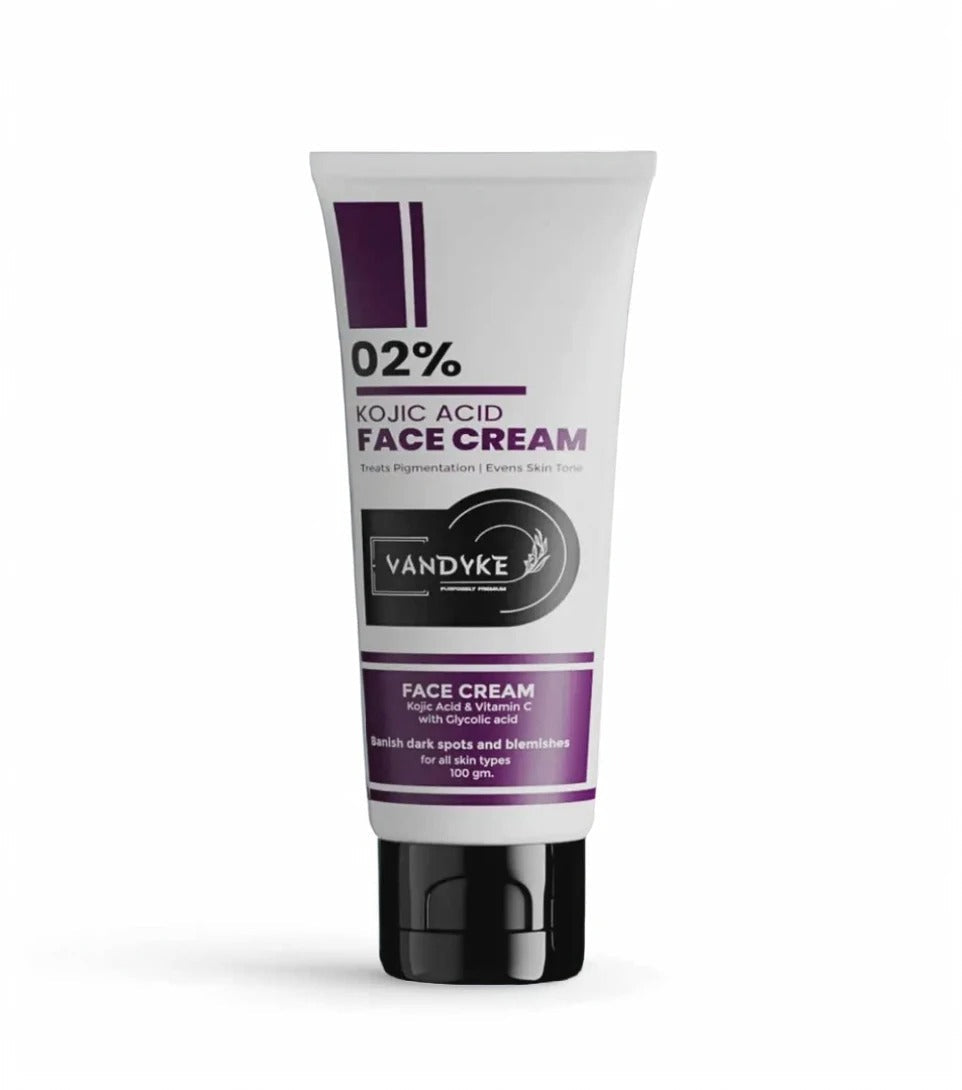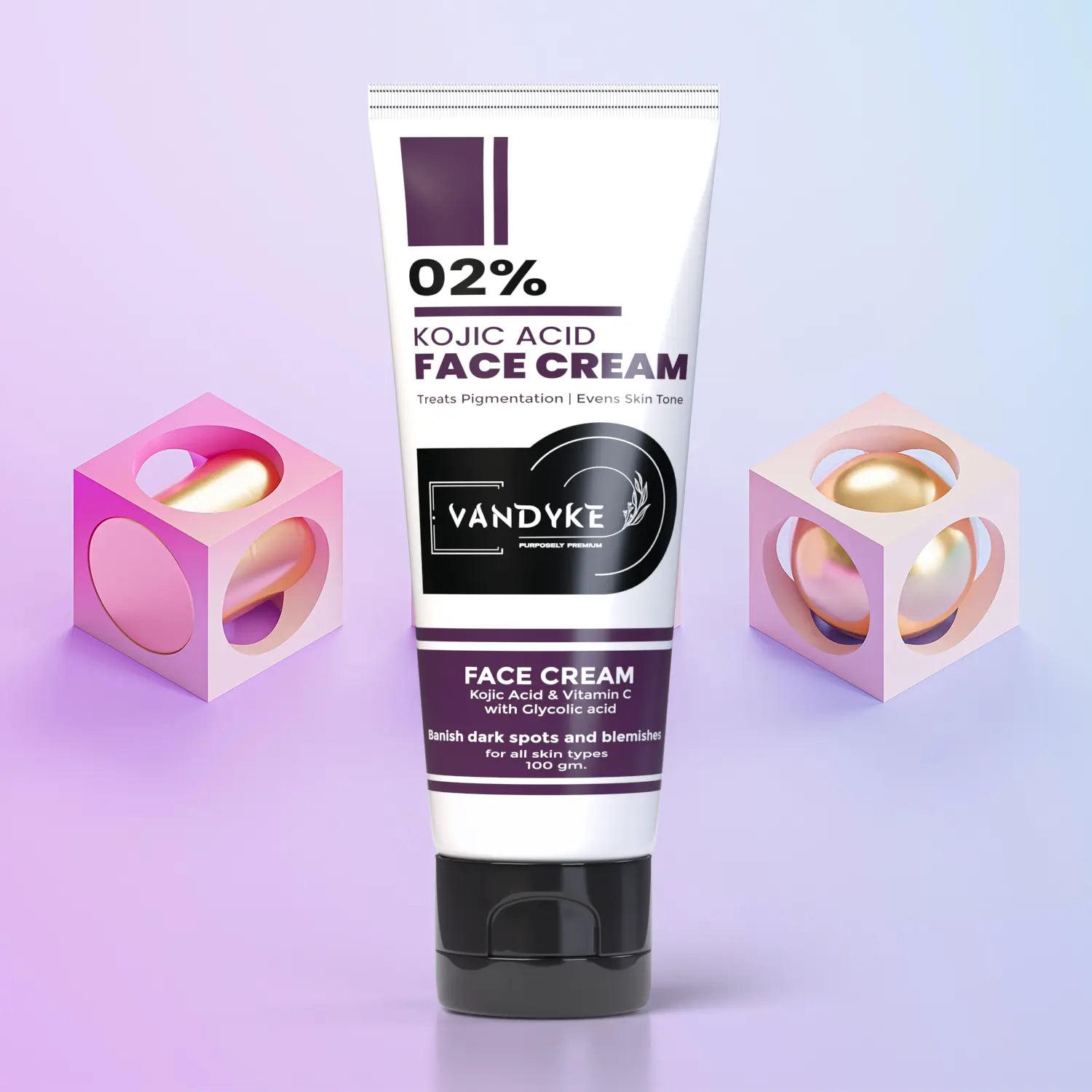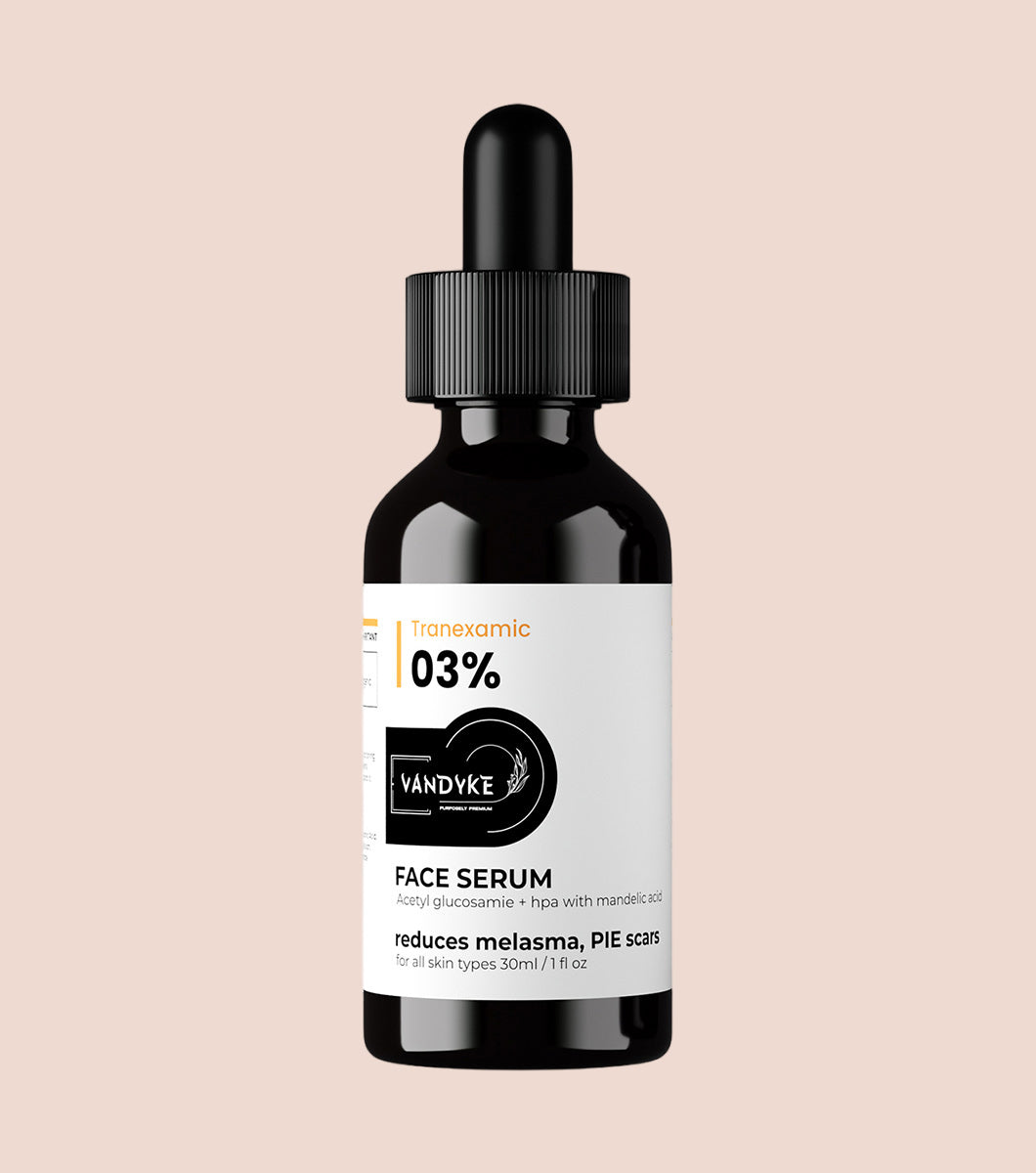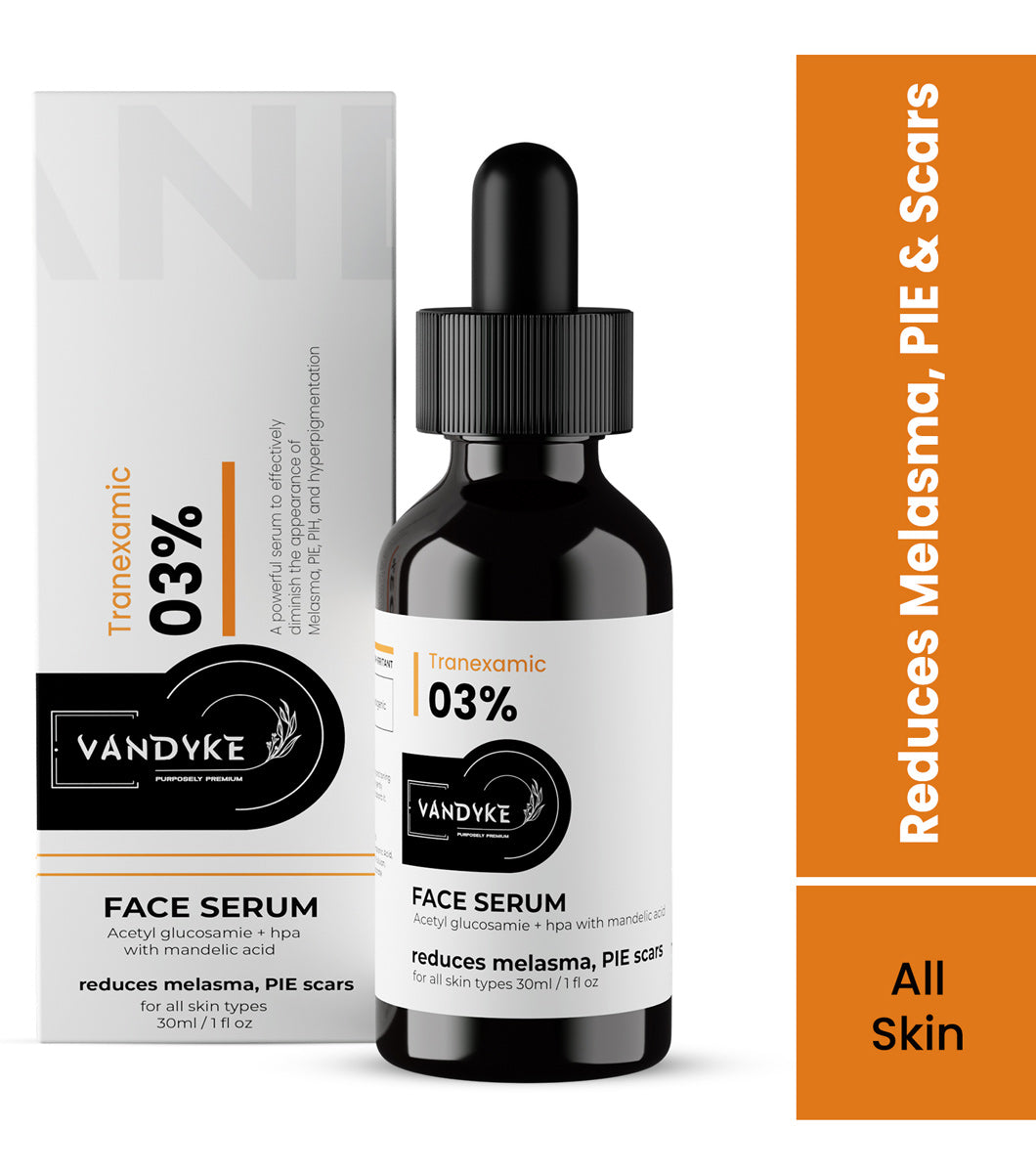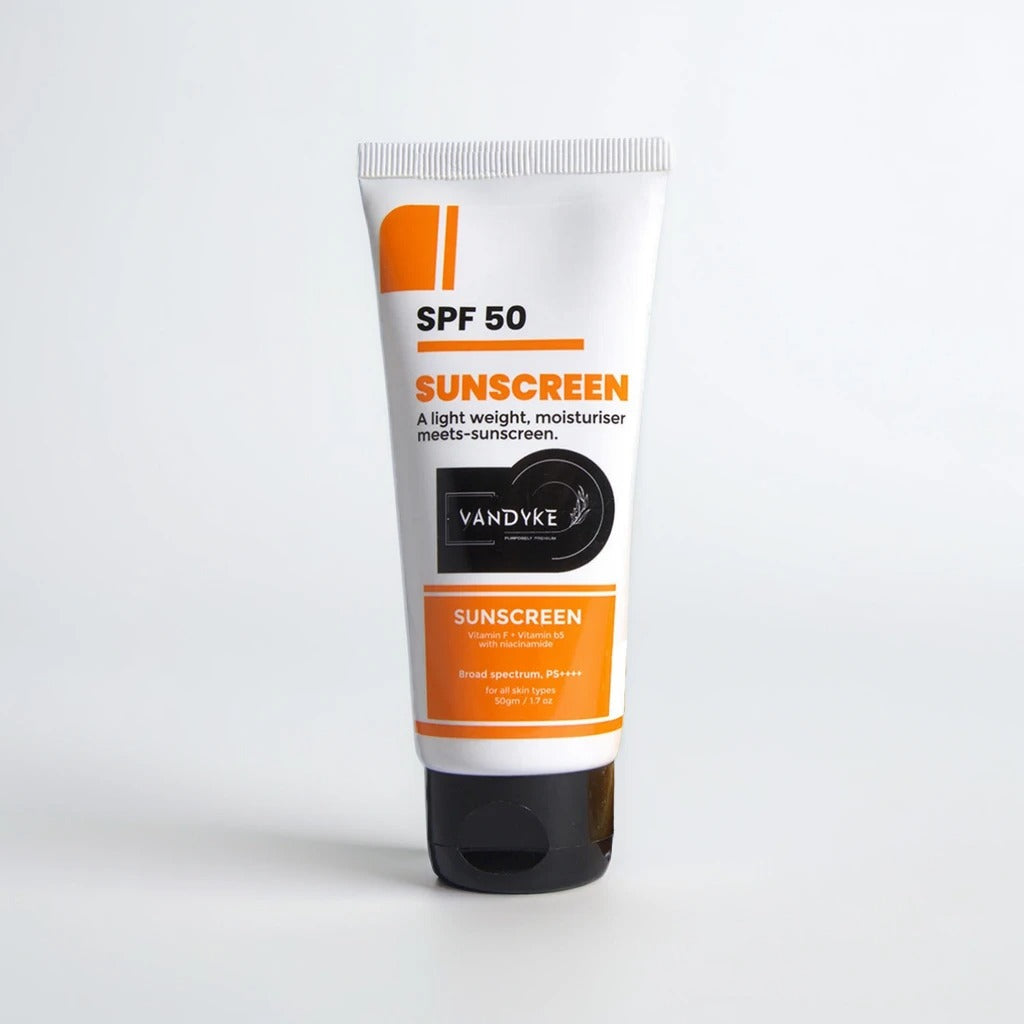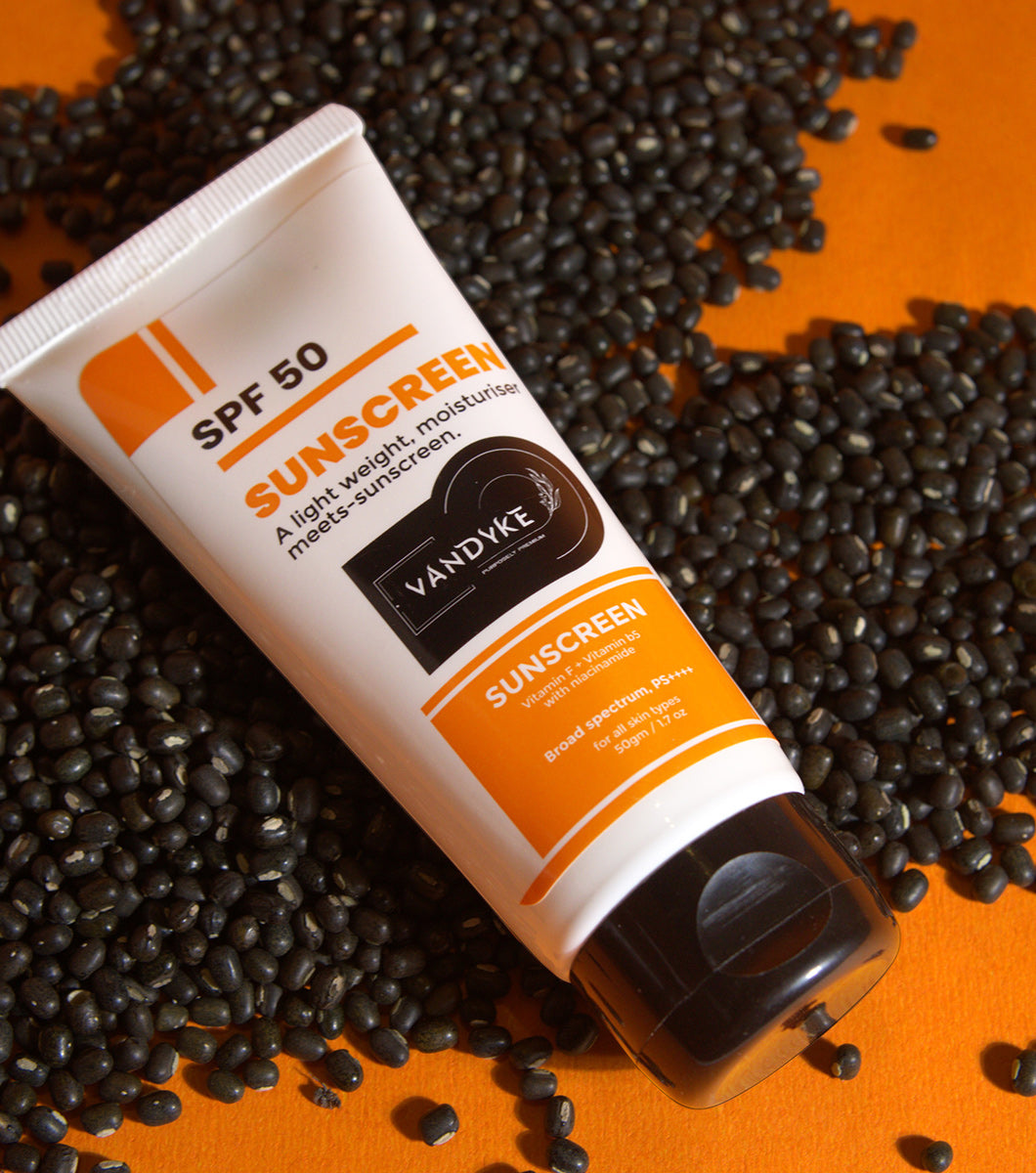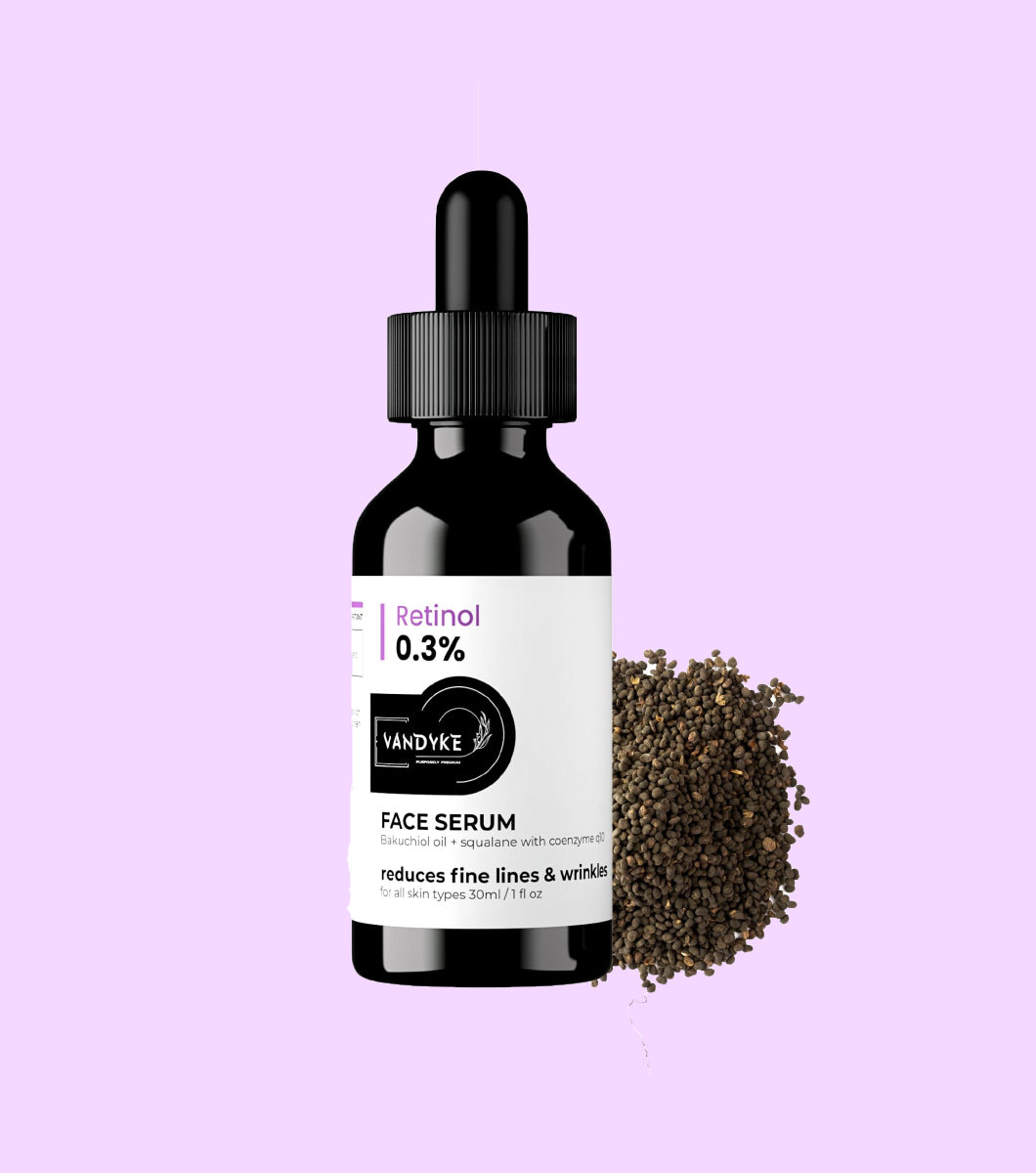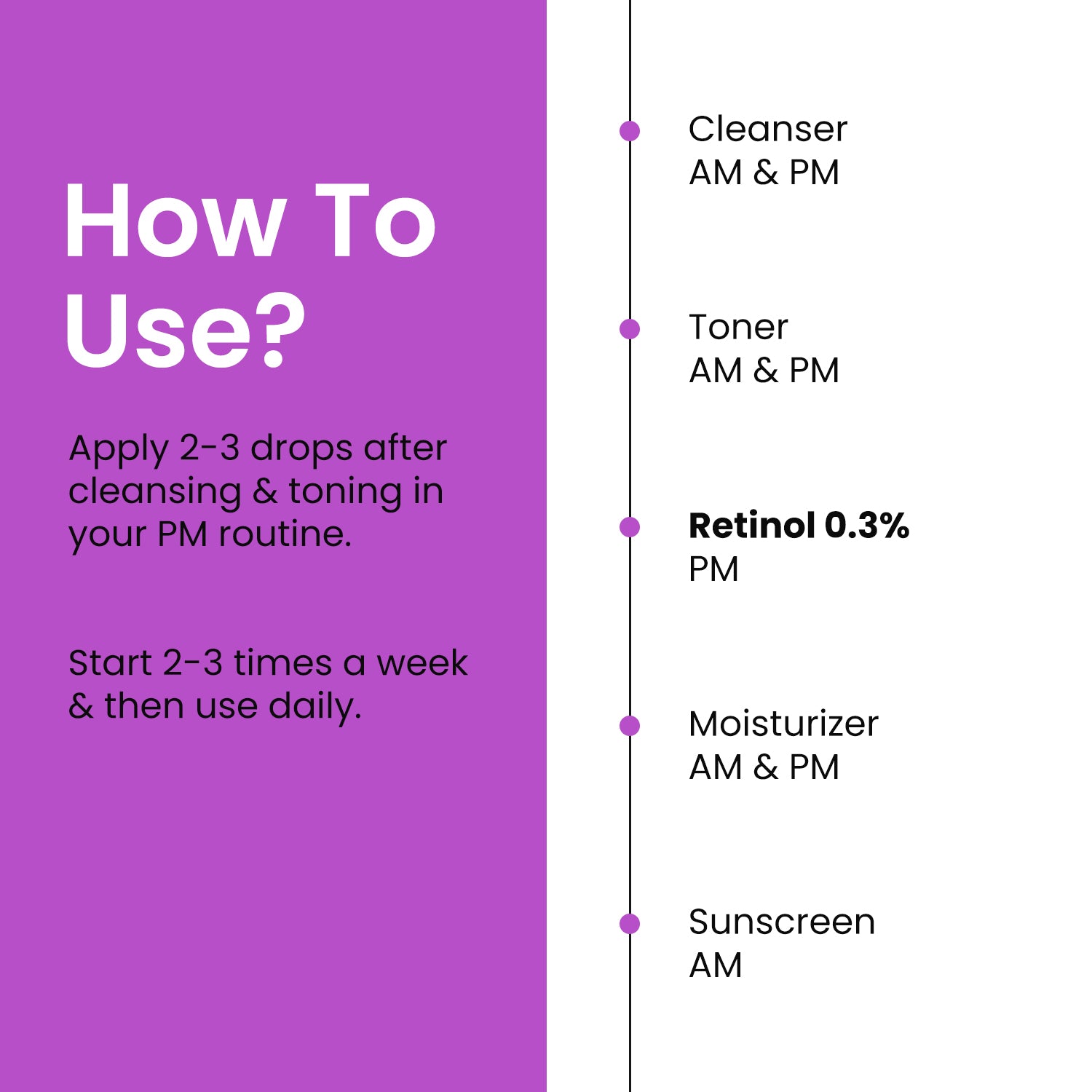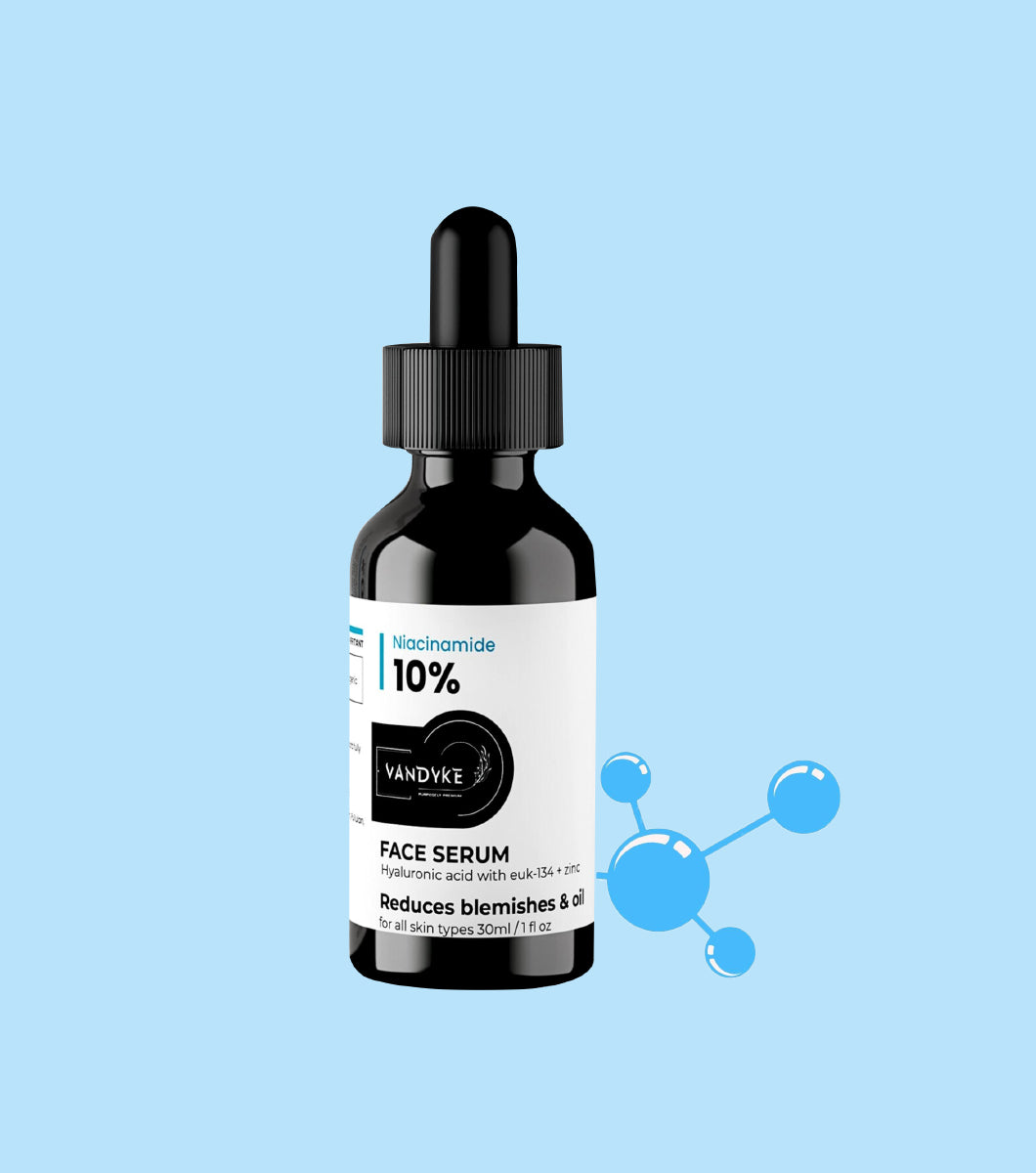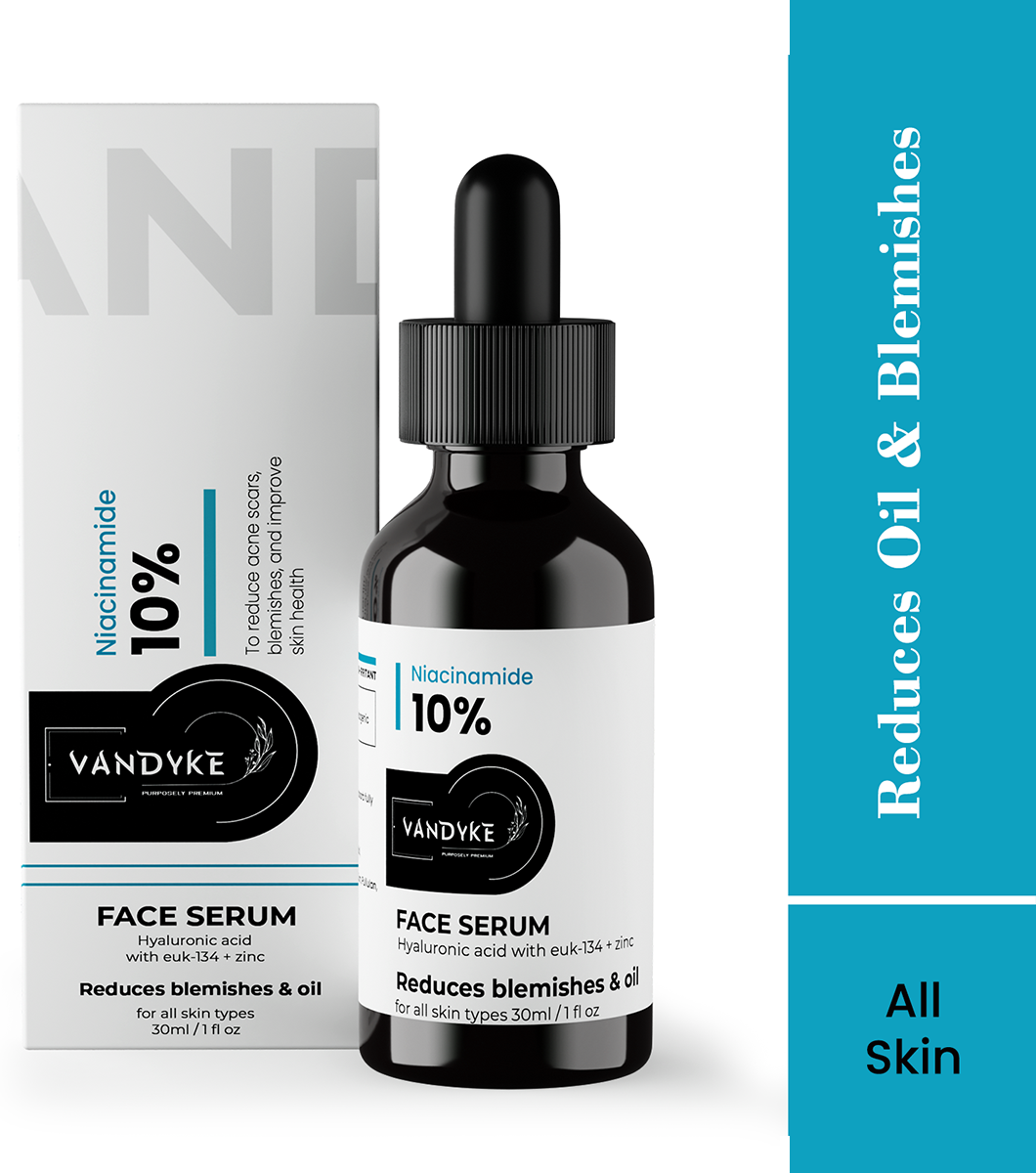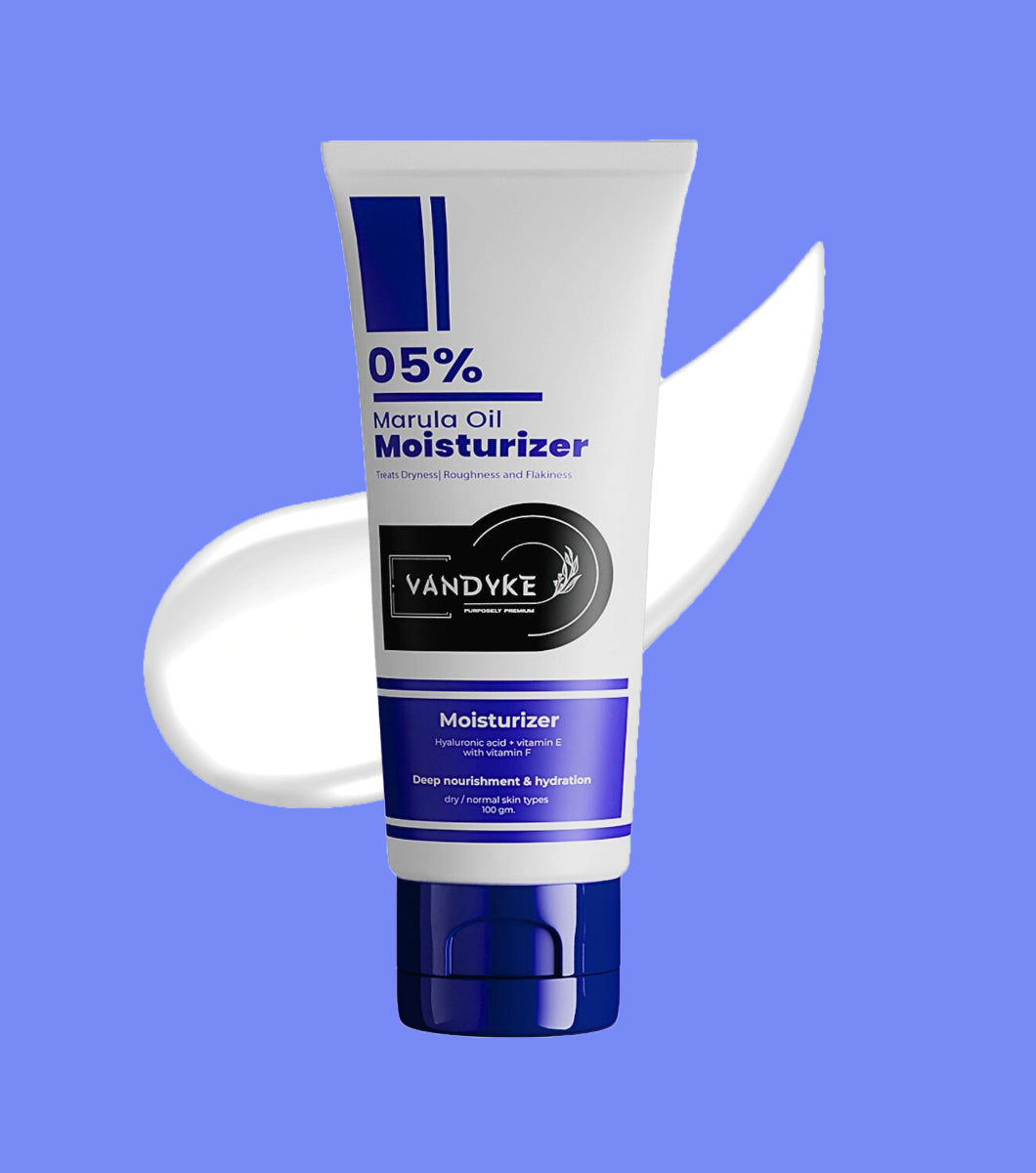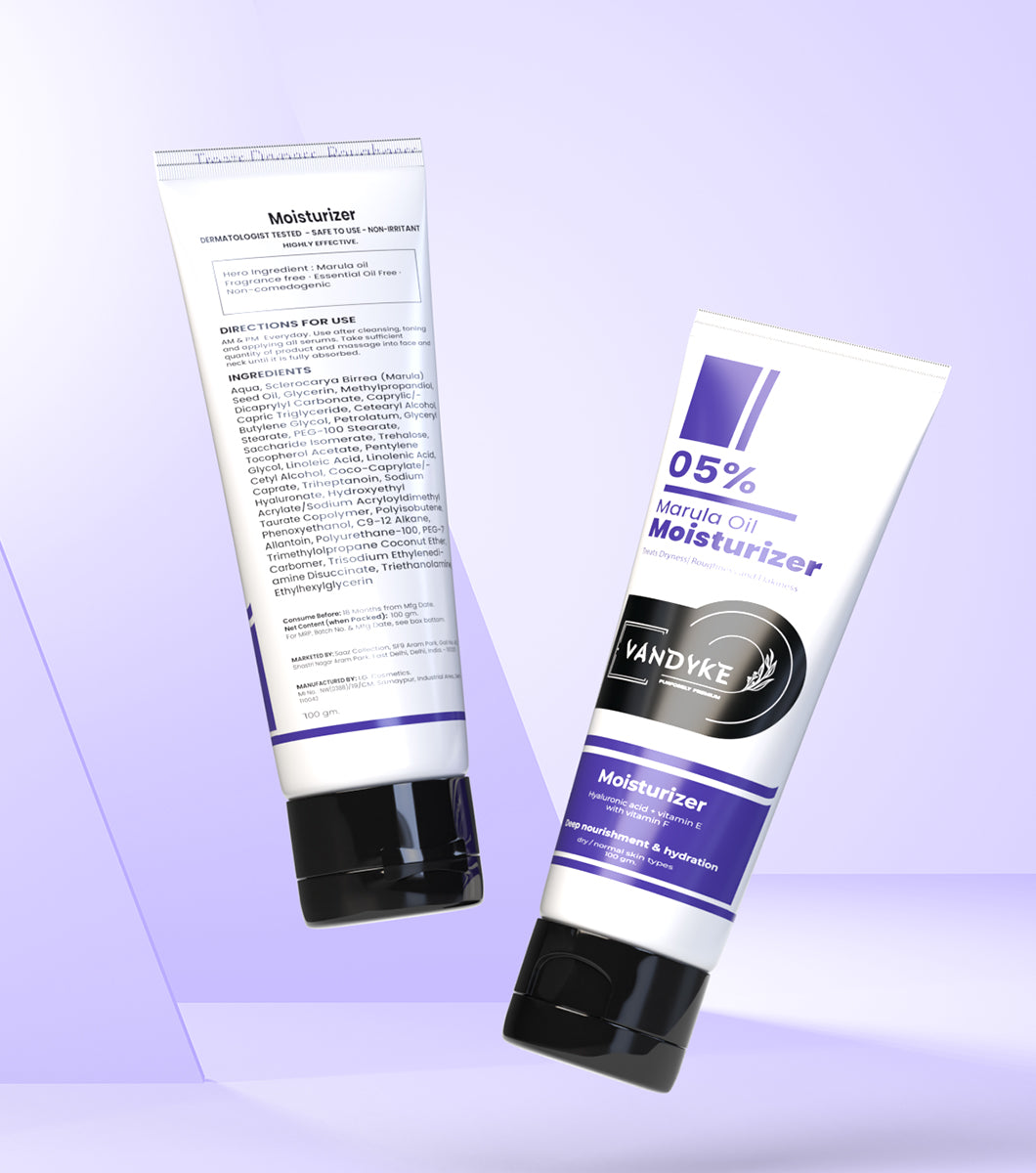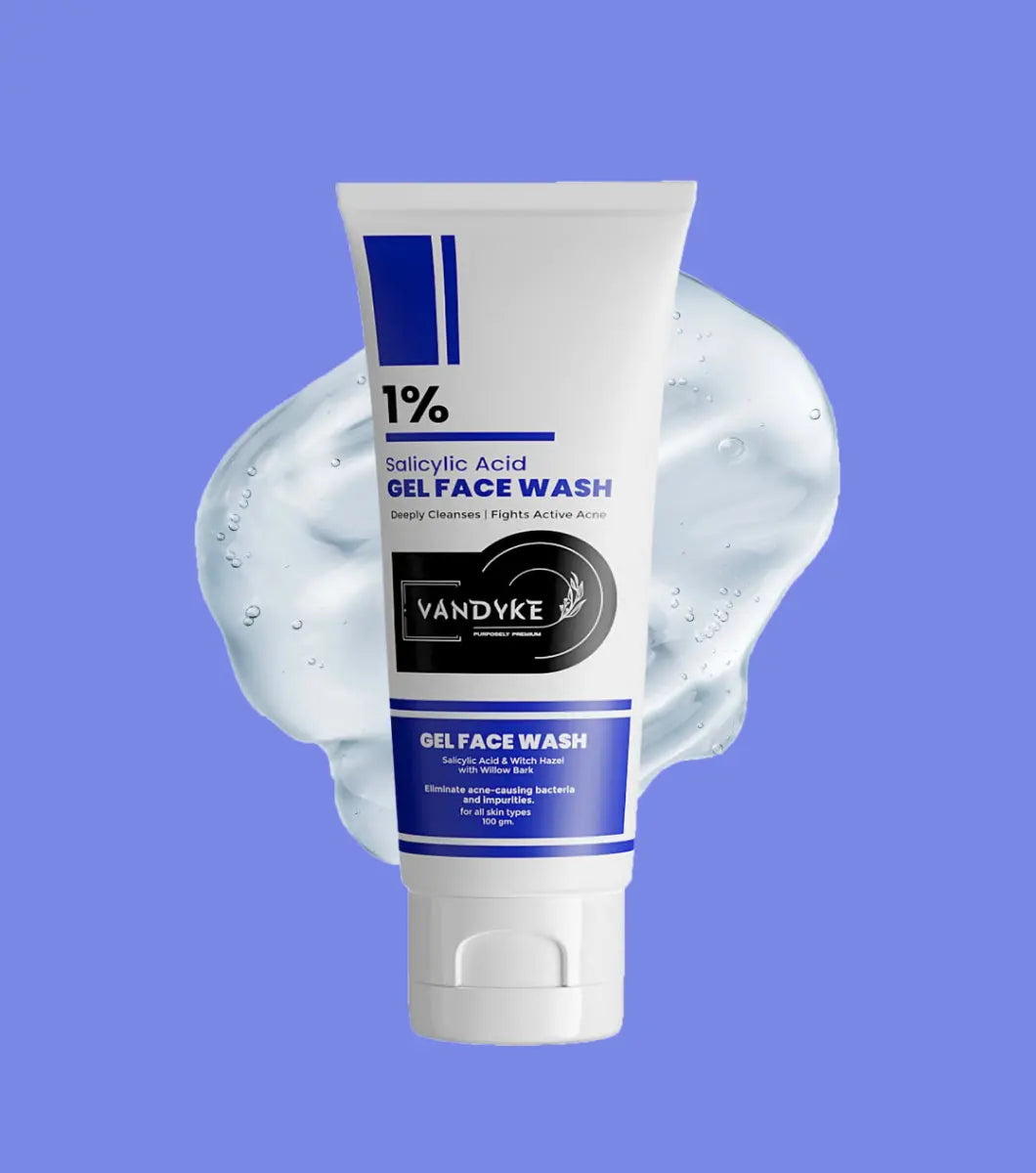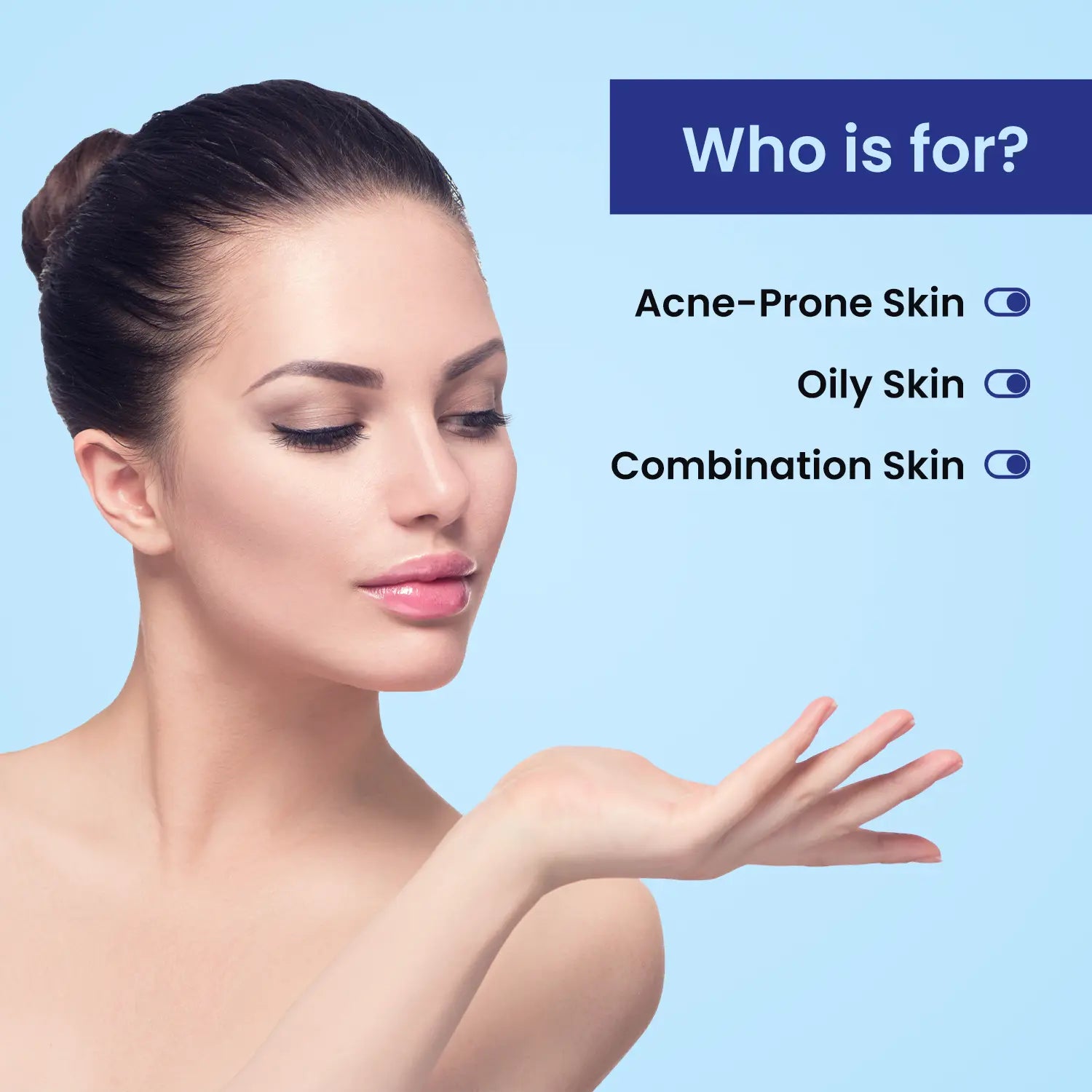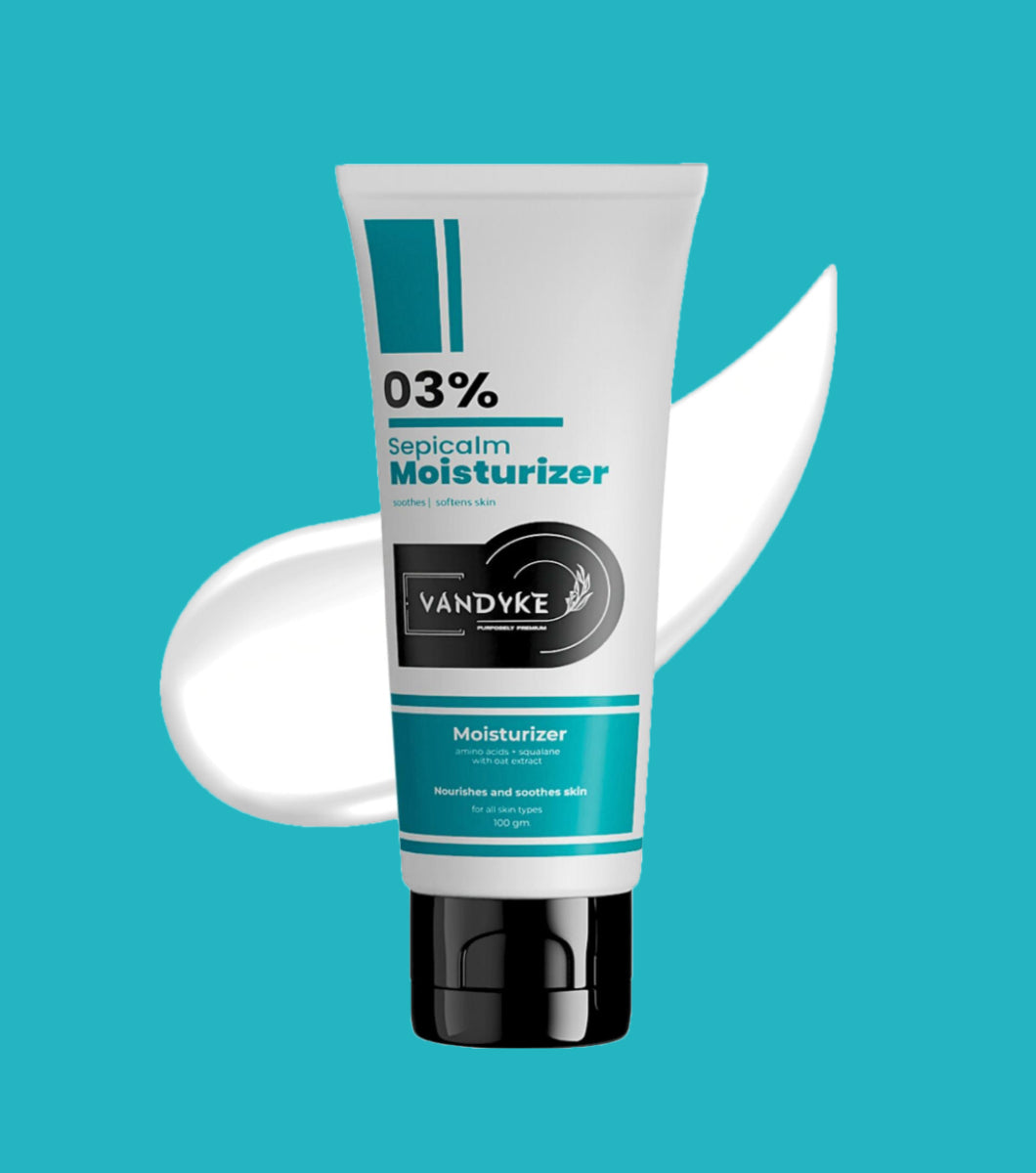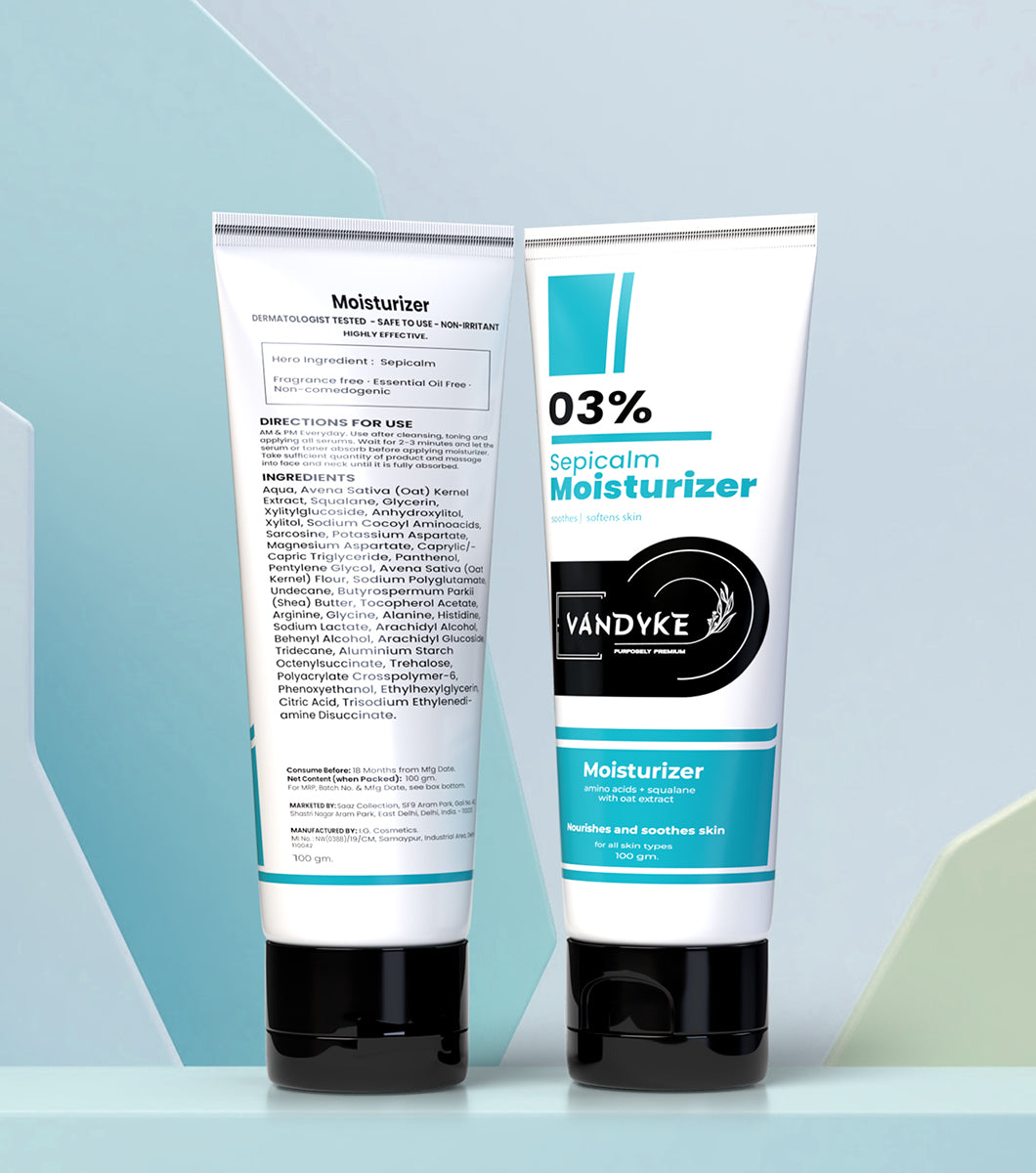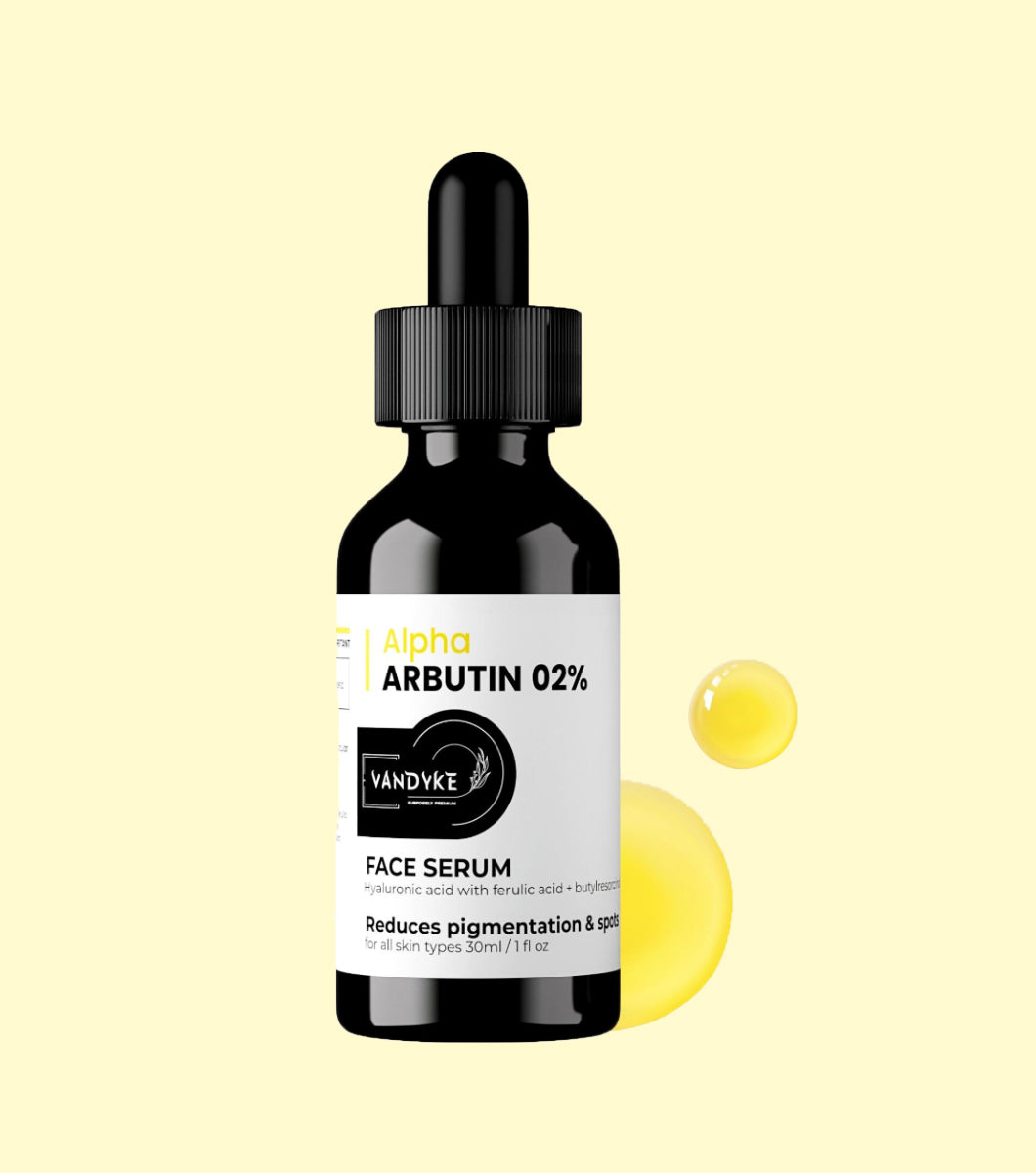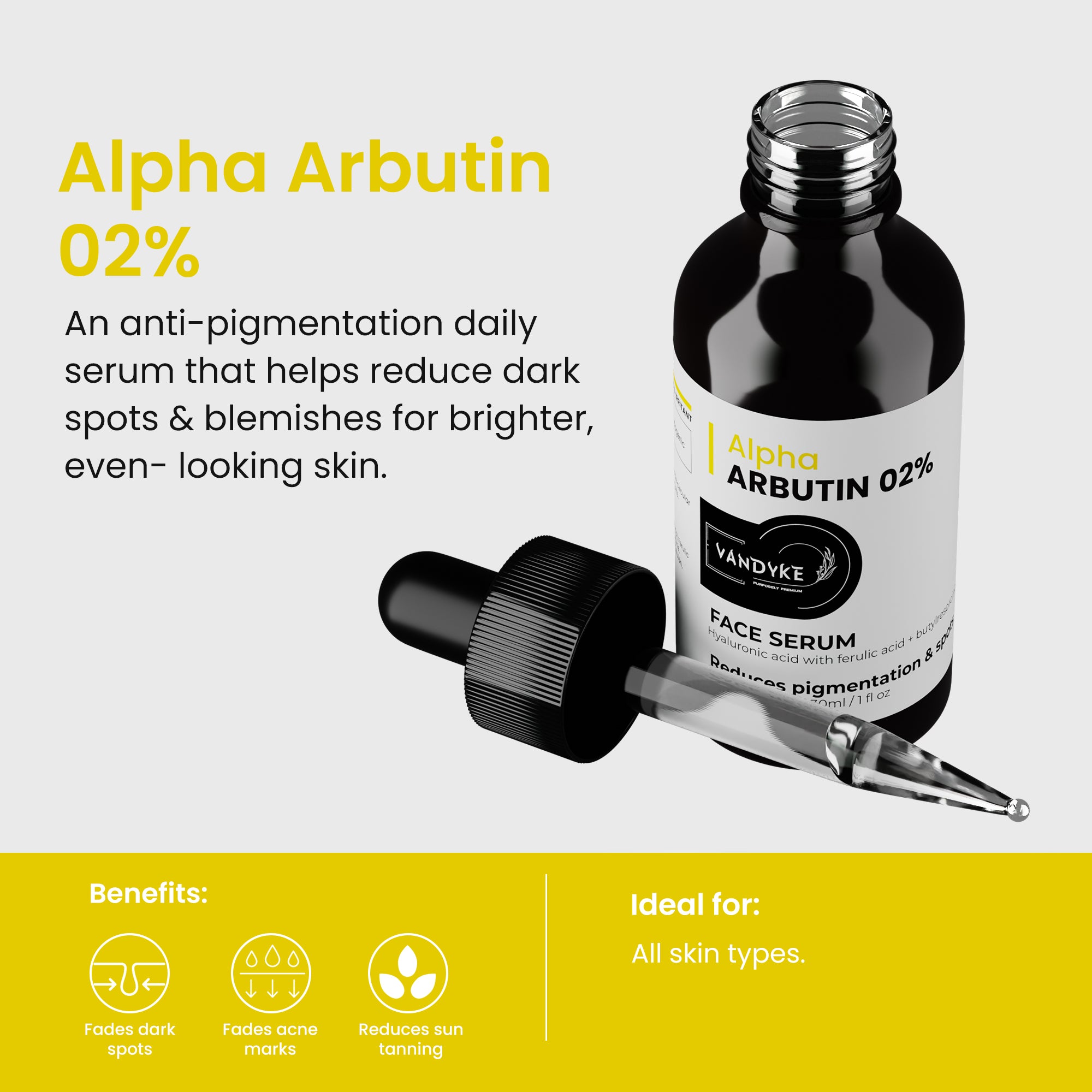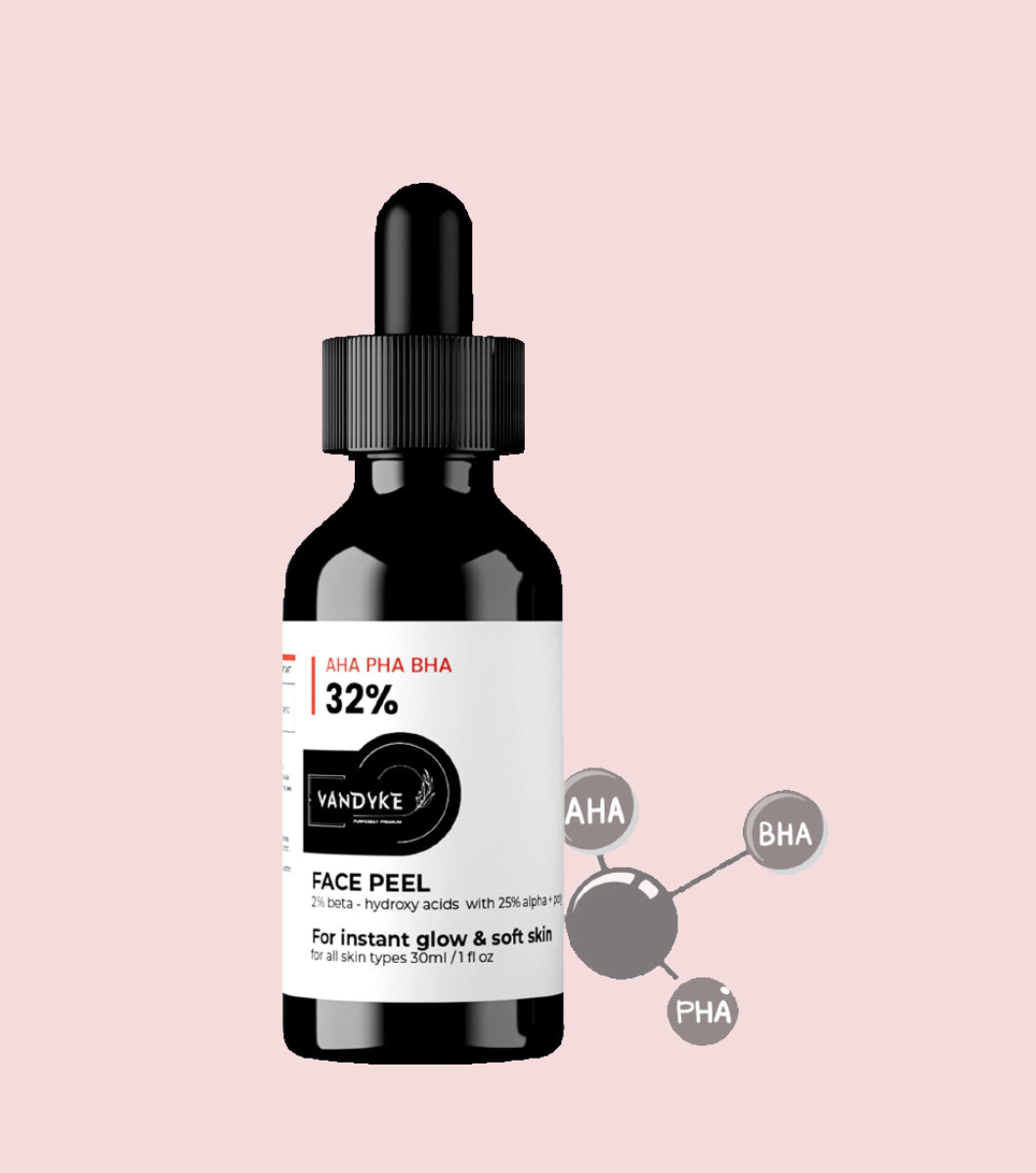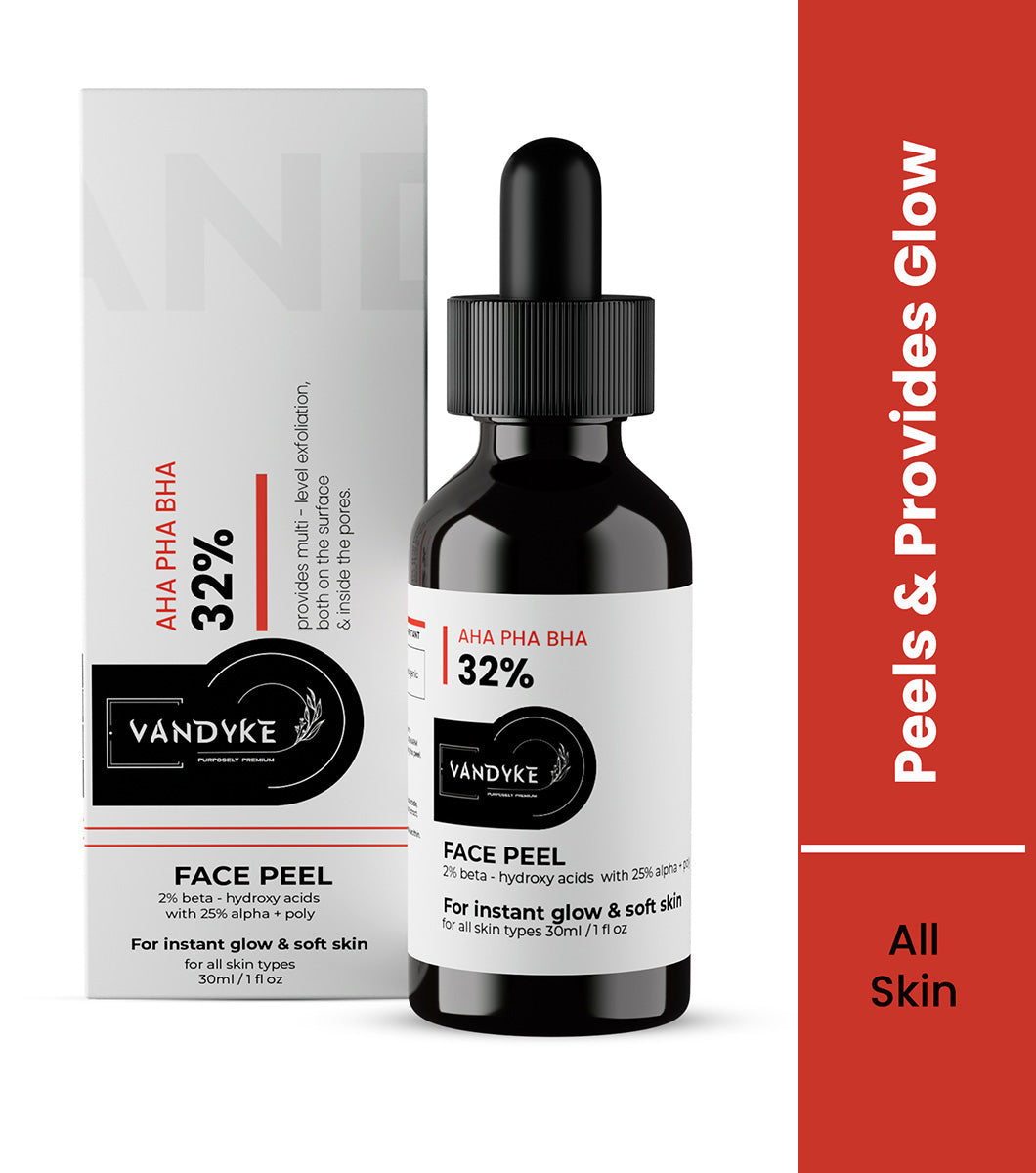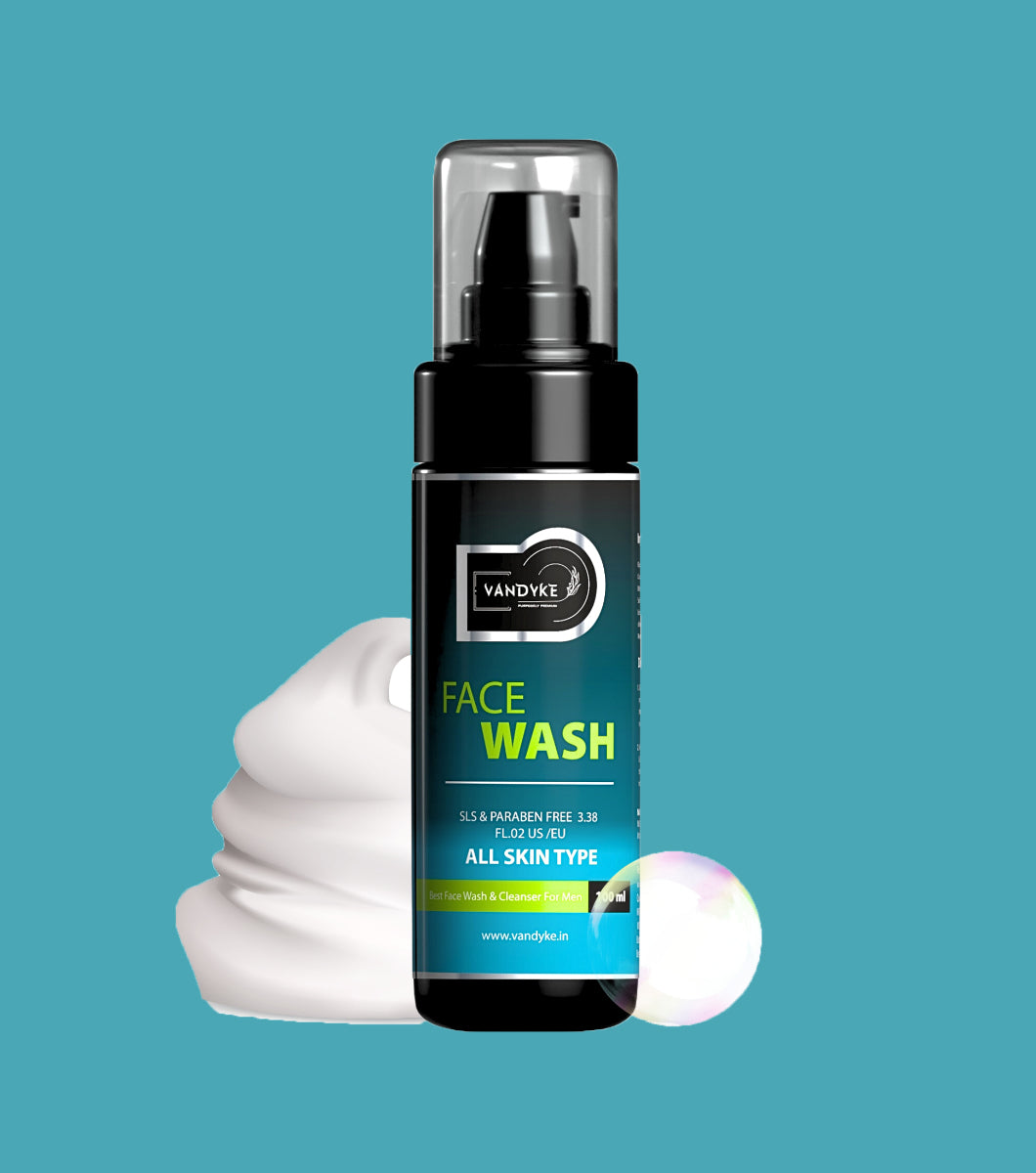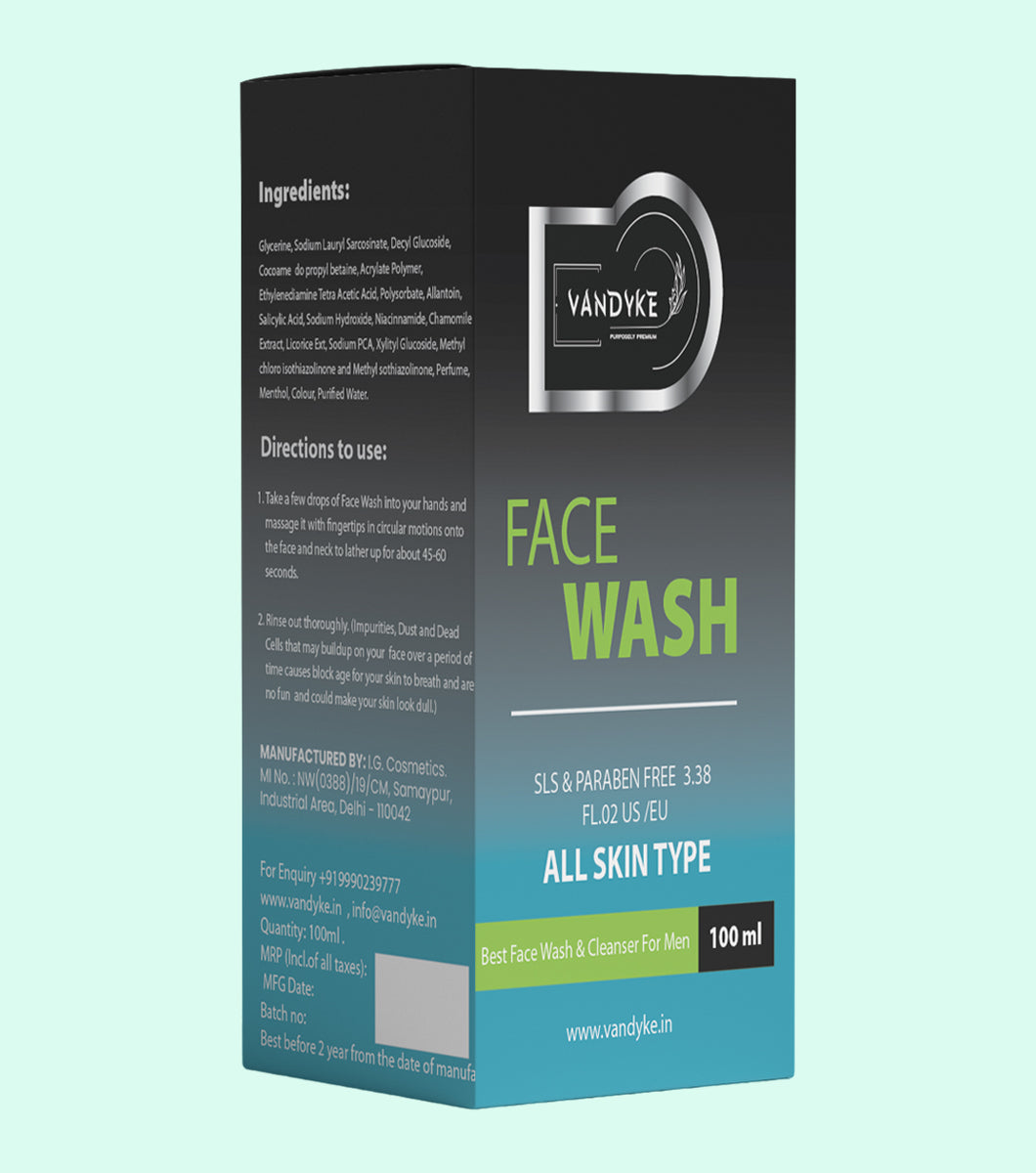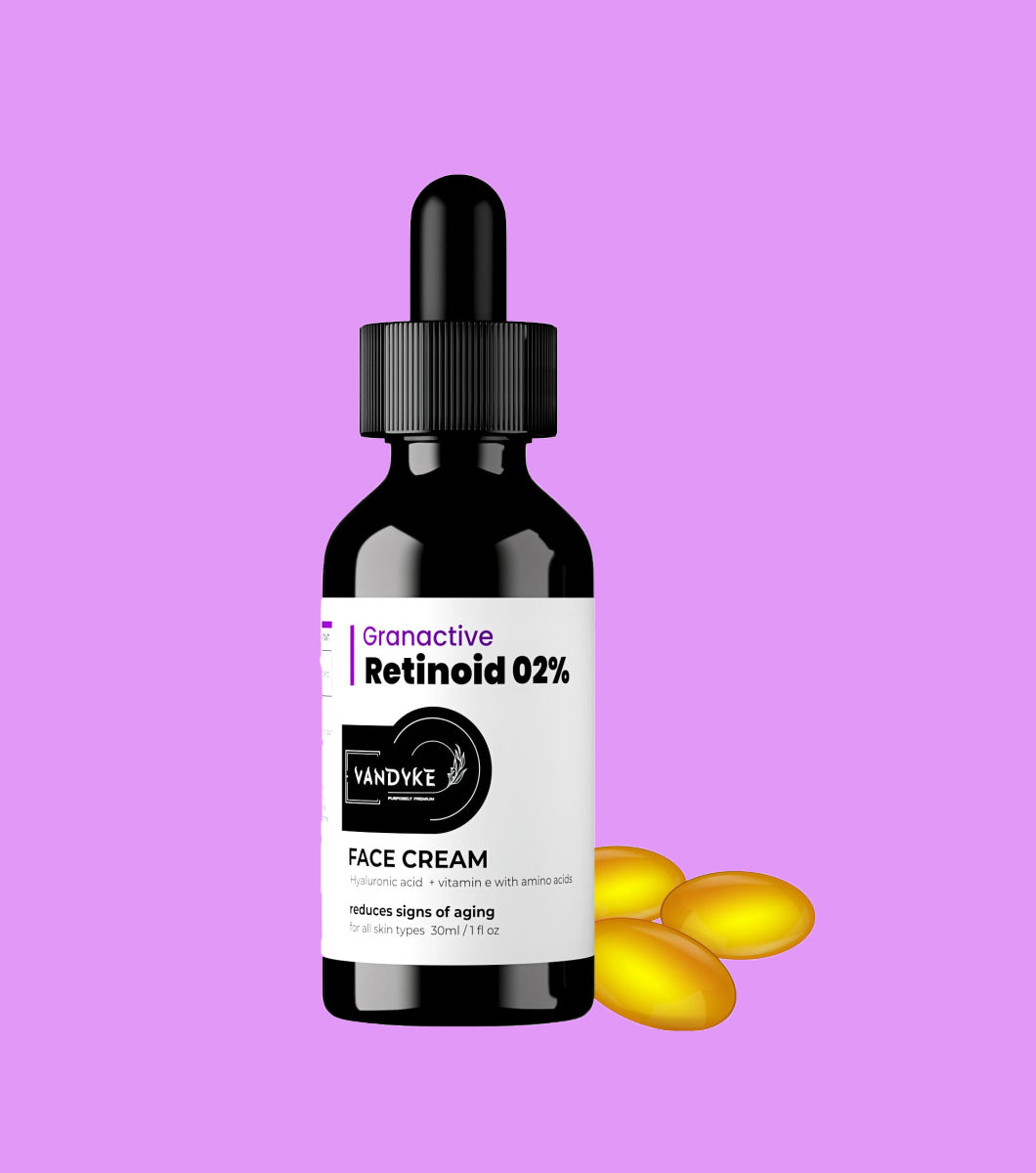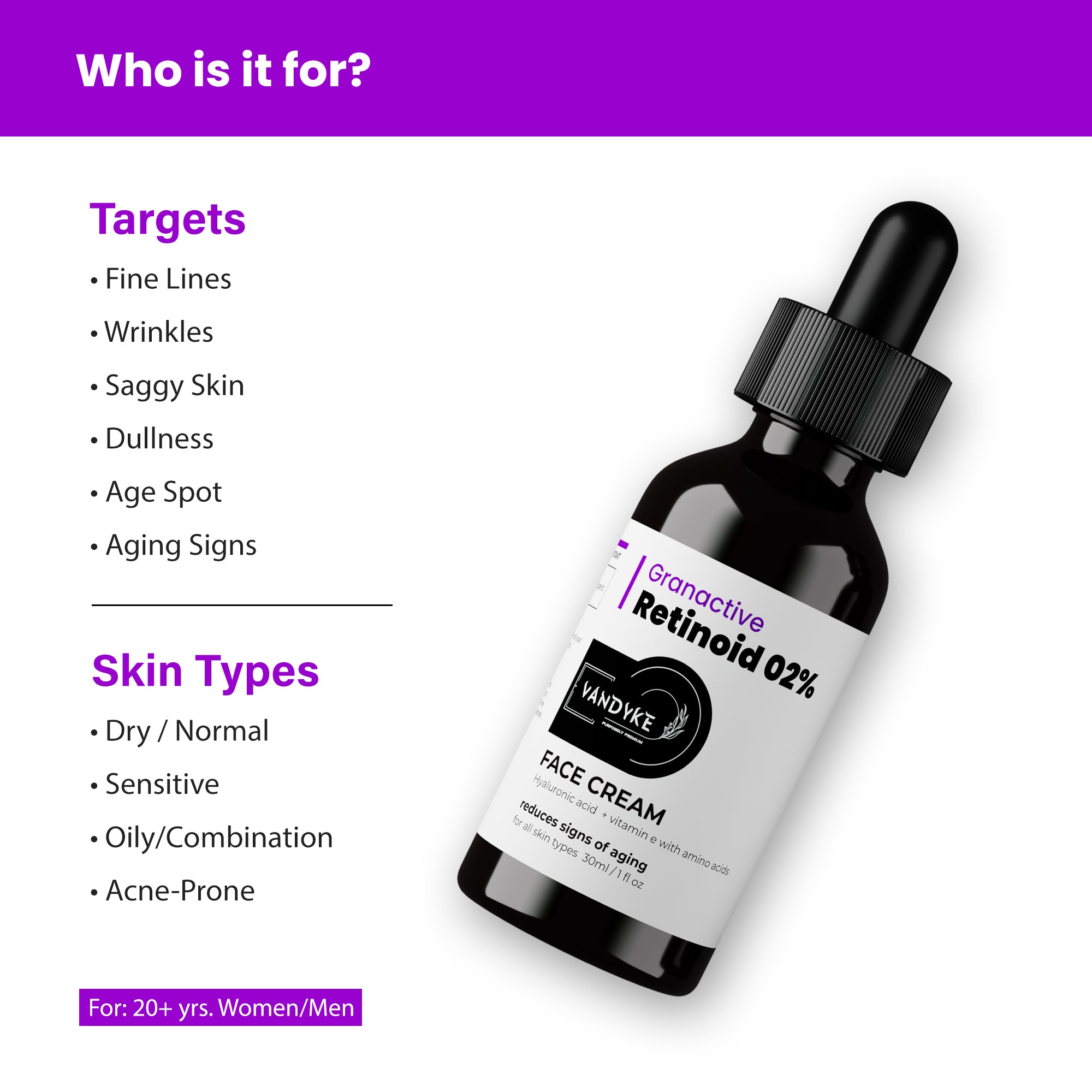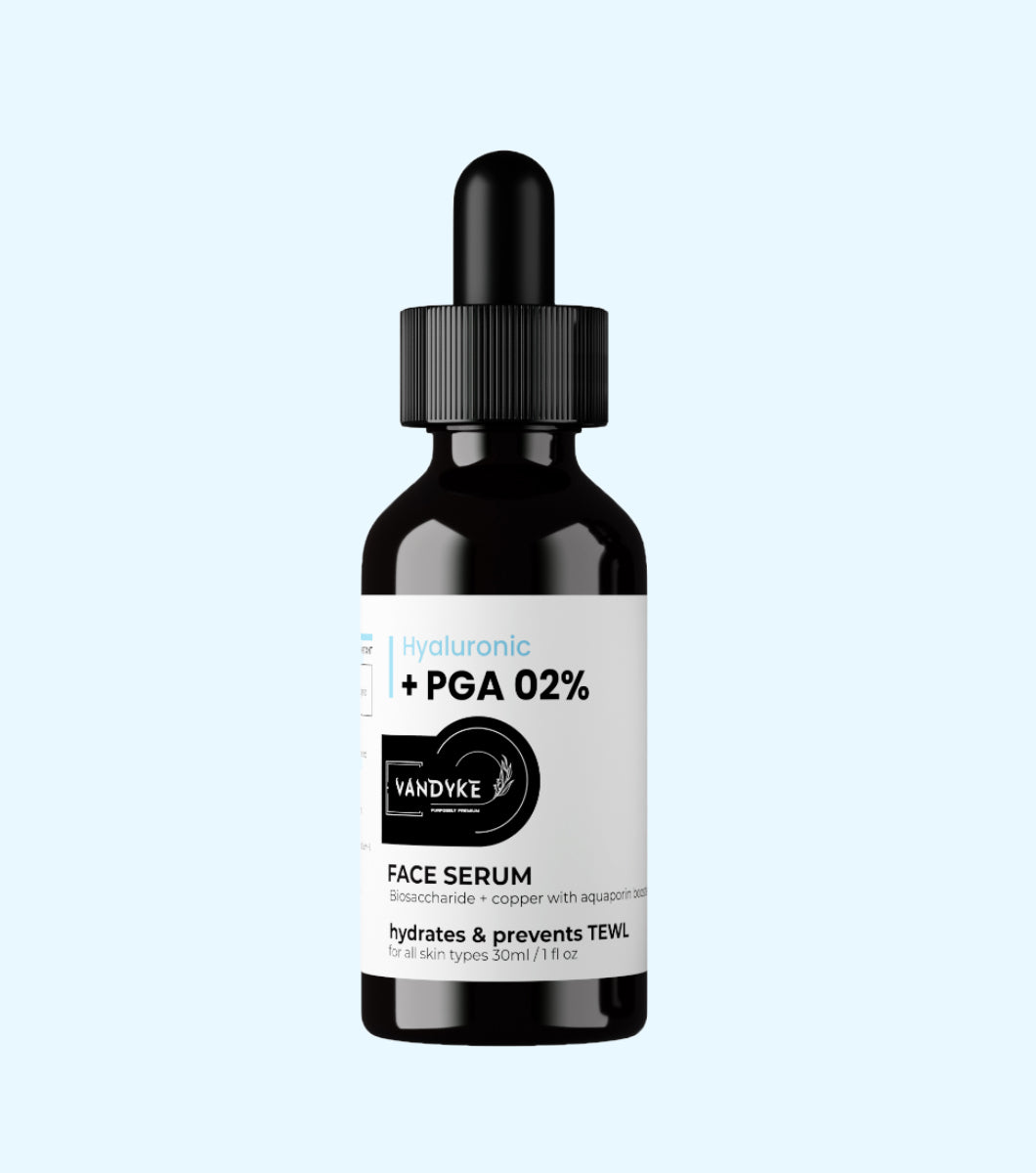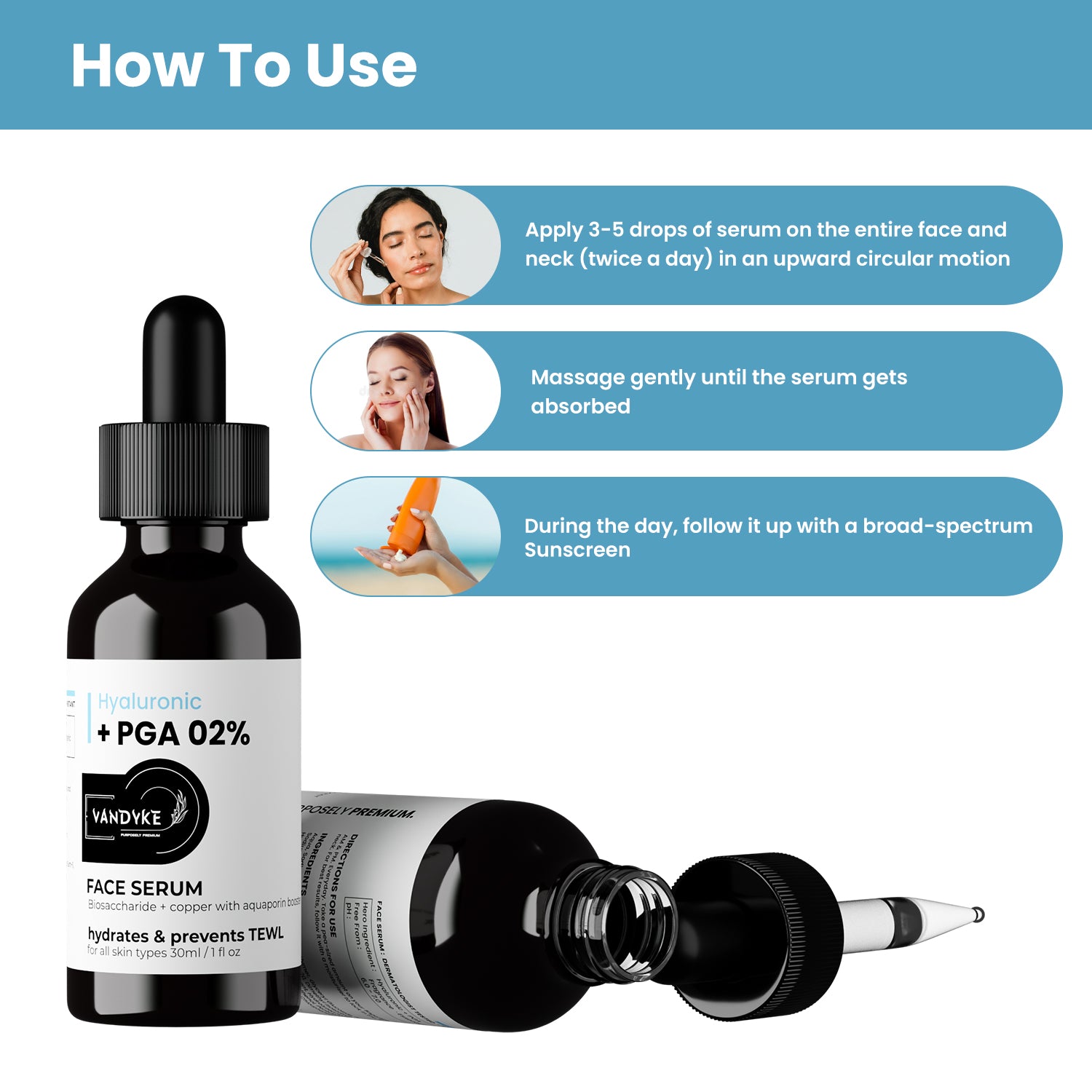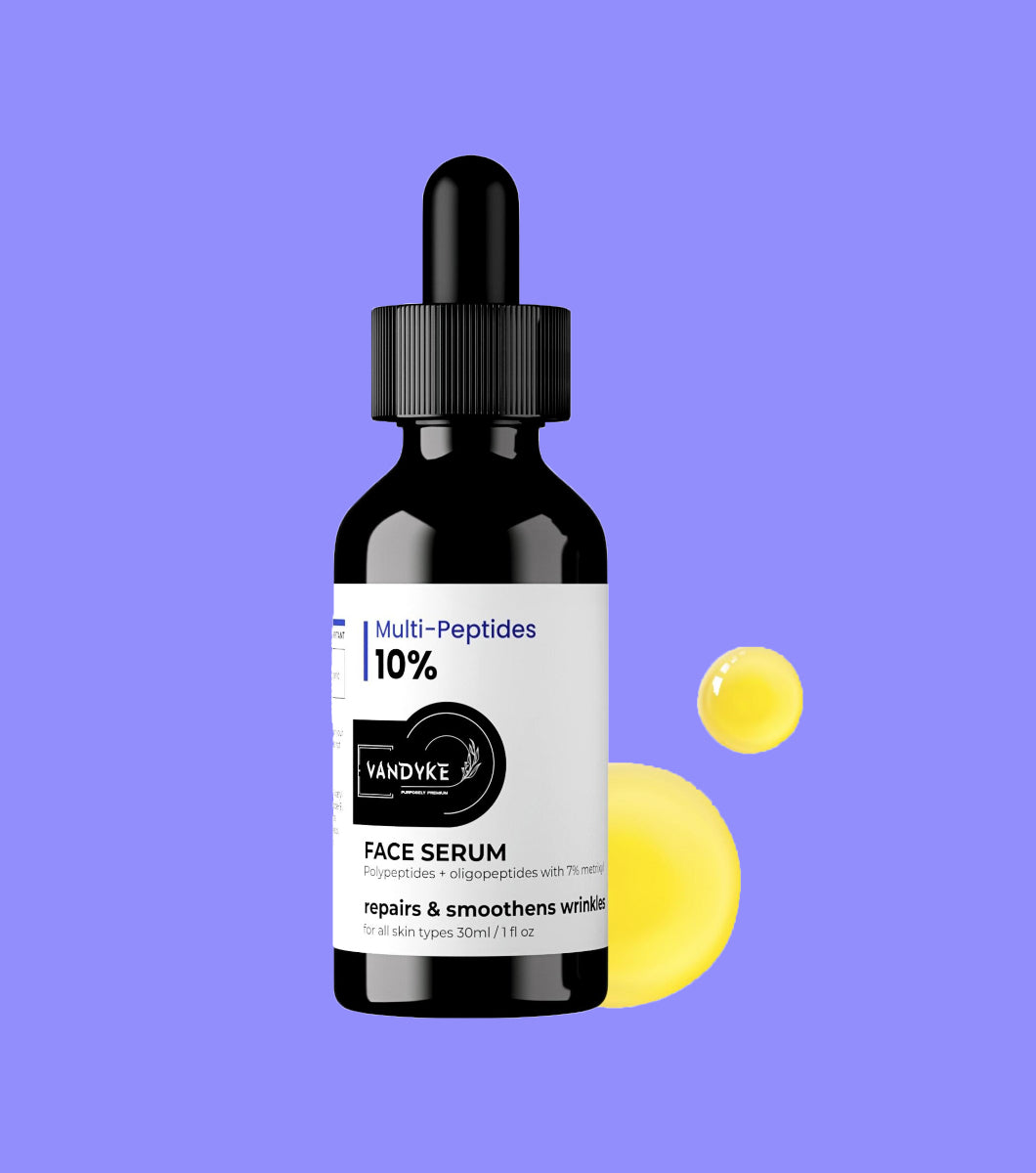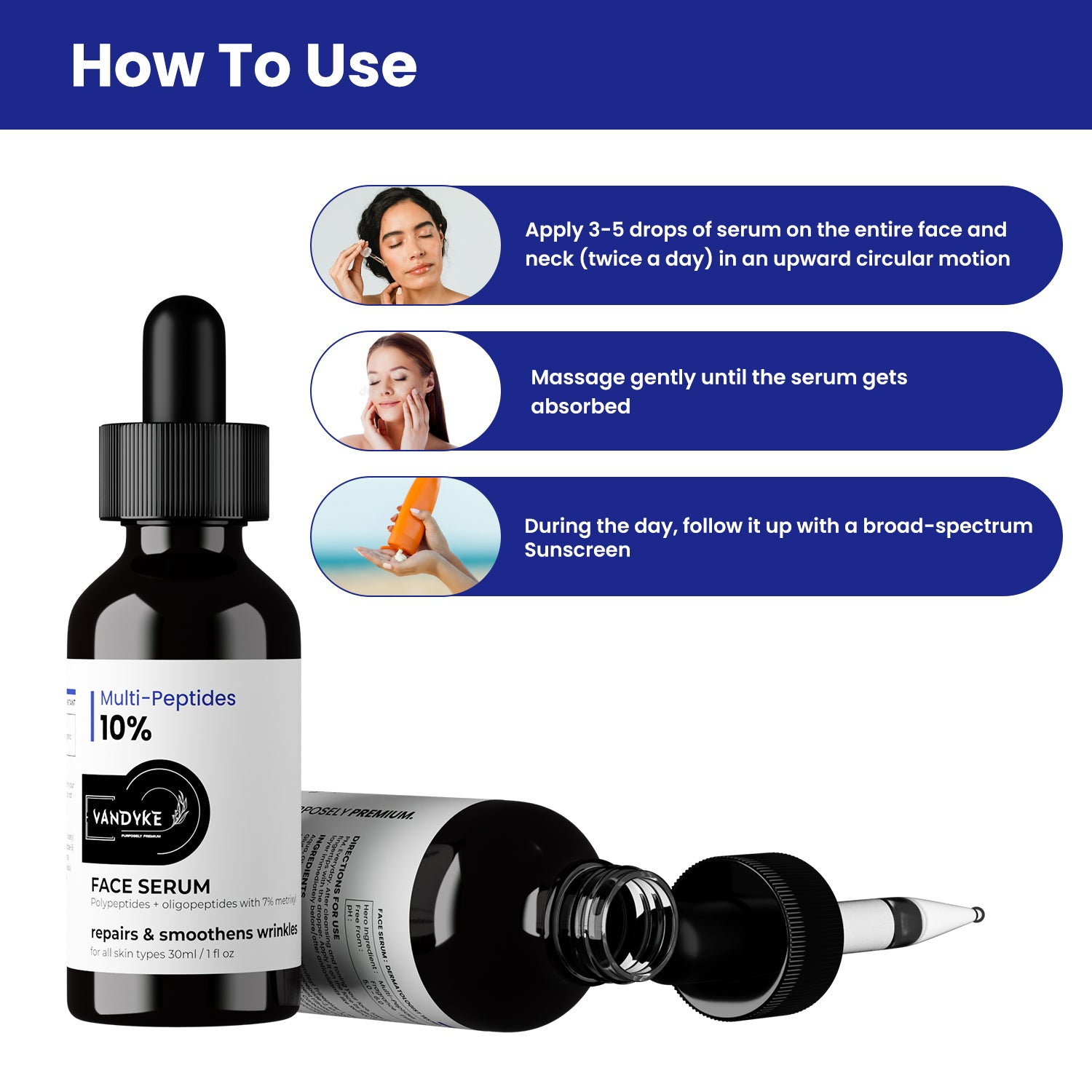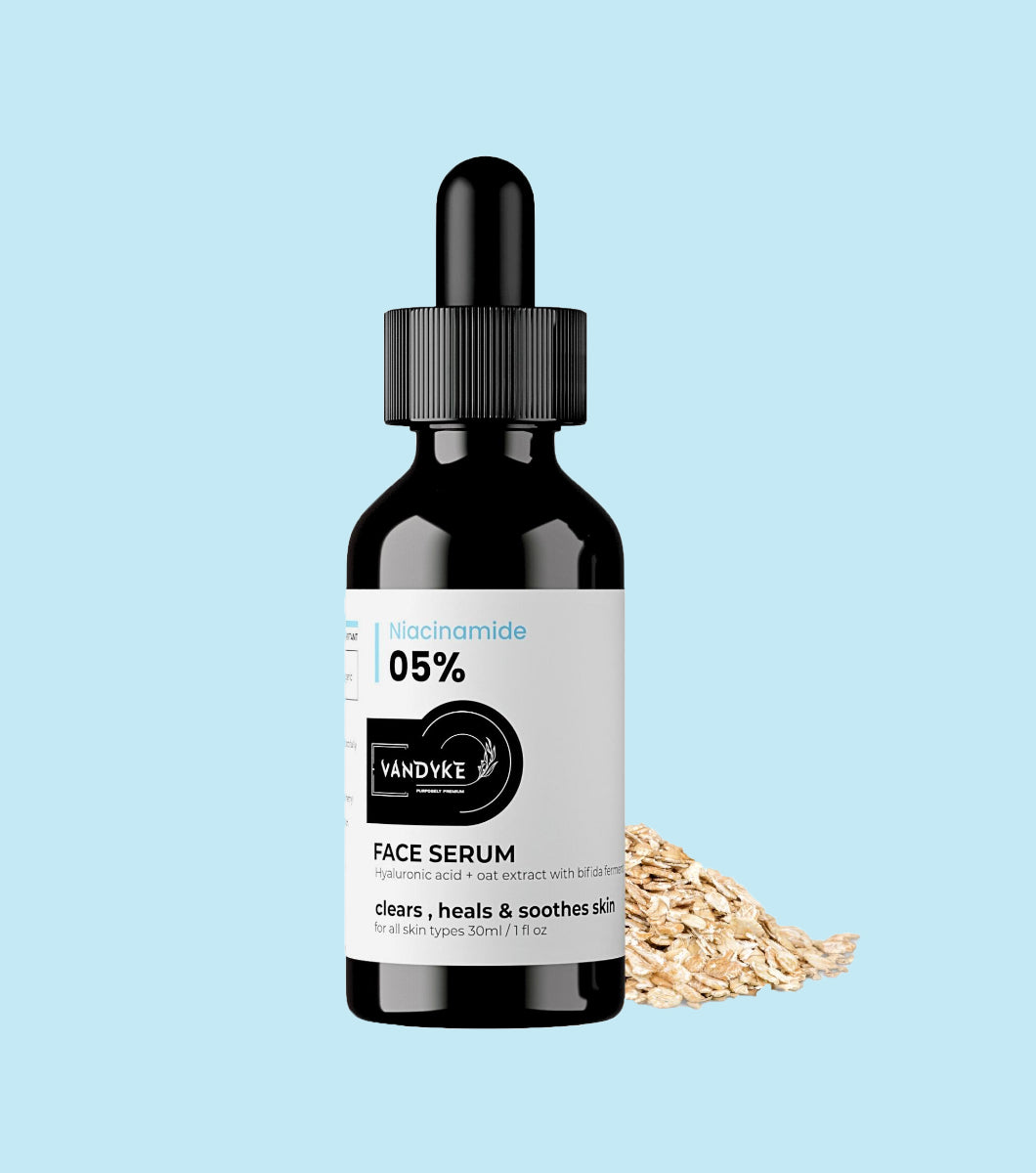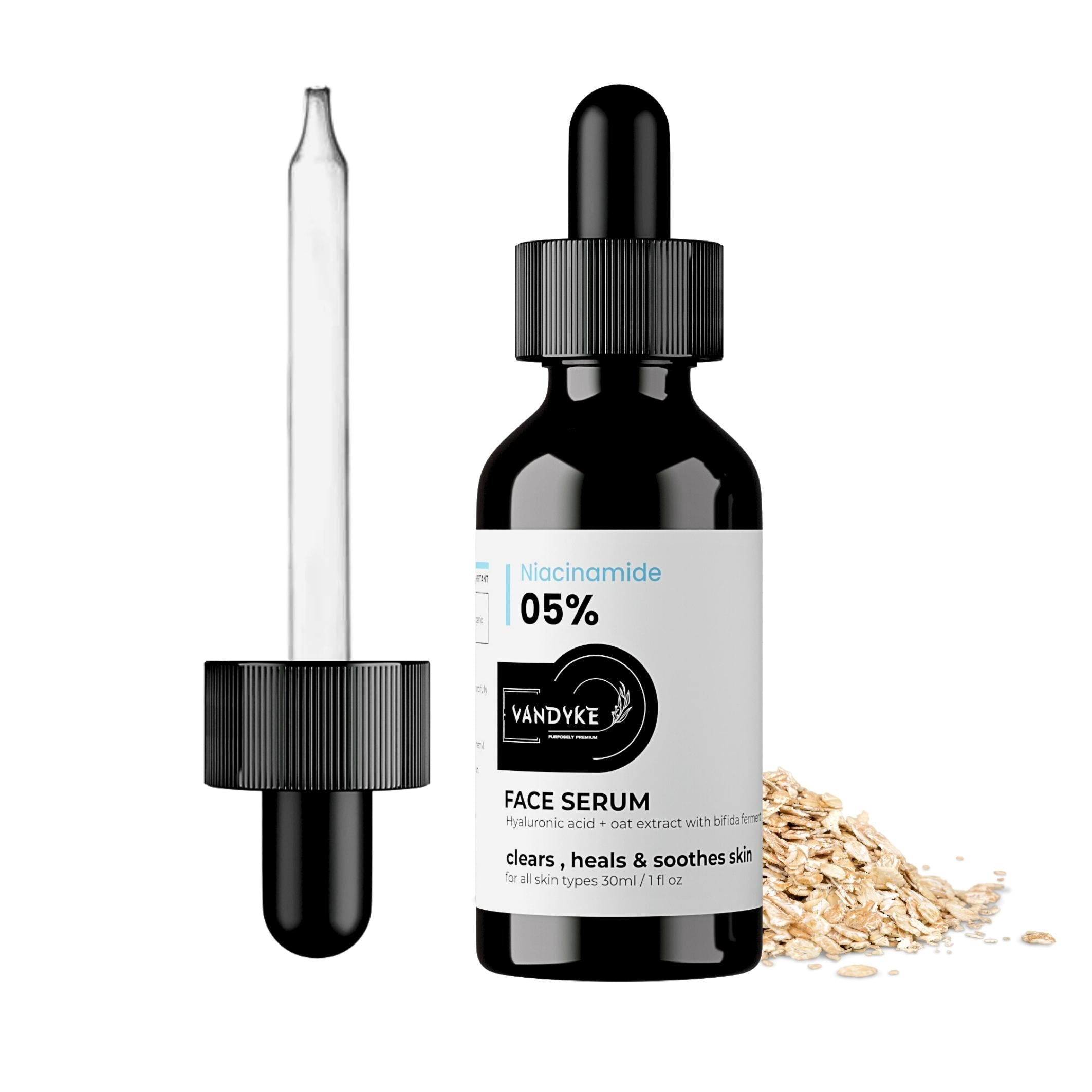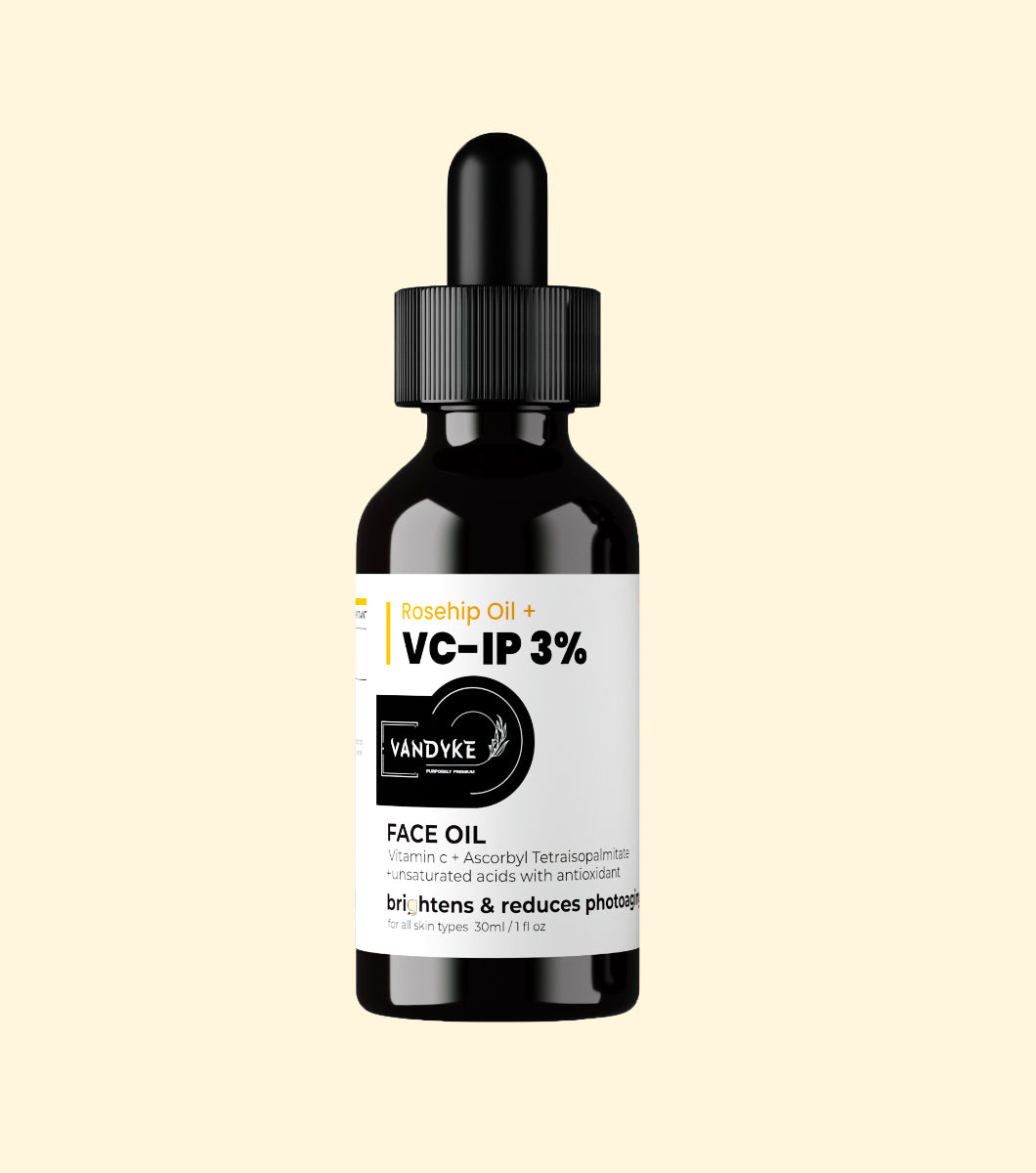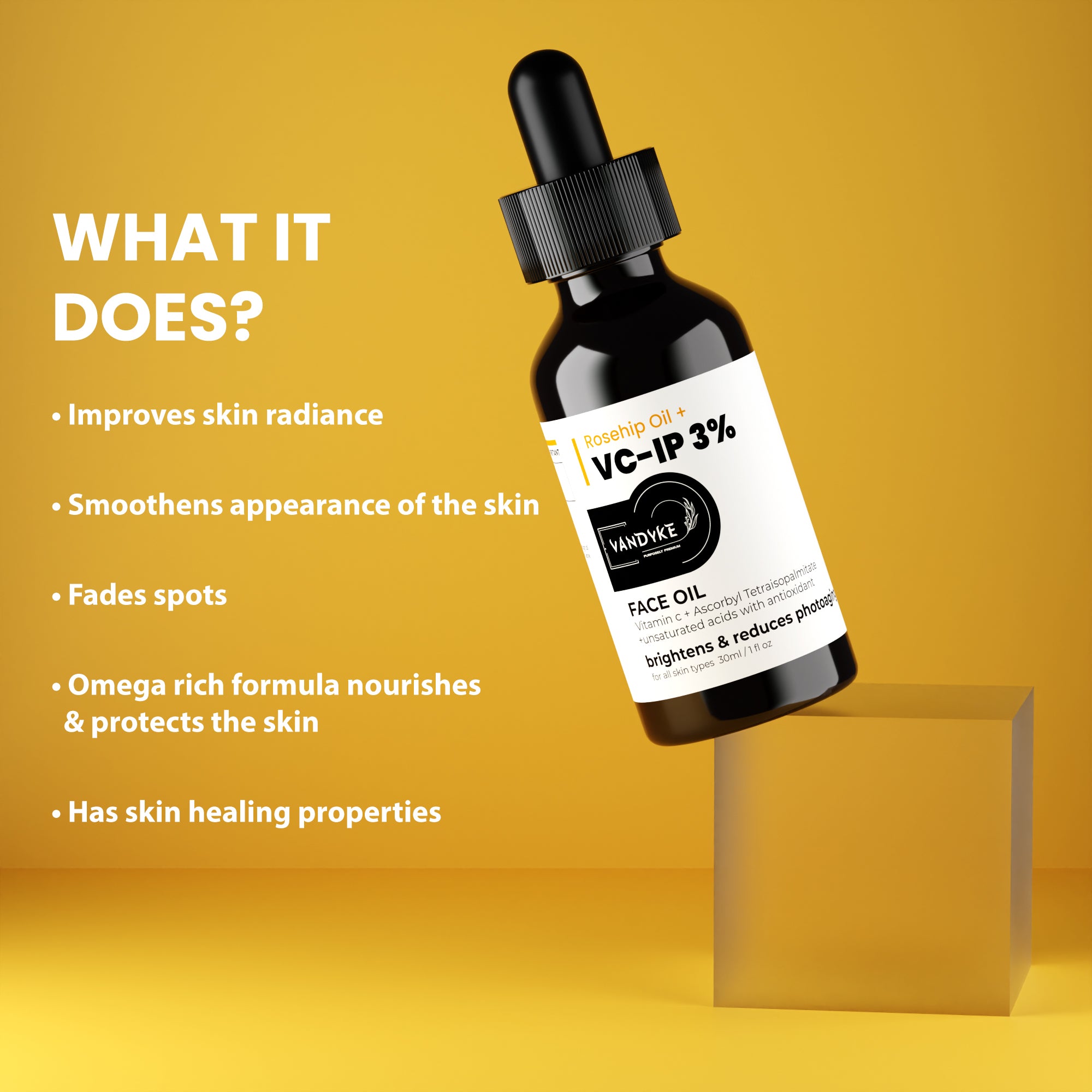
Niacinamide for Acne Scars Does It Work Wonders

Niacinamide for Acne Scars: Does It Work Wonders?
Acne scars, the unwelcome souvenirs of past breakouts, can leave many of us yearning for a flawless complexion. In the quest for scar-free skin, various skincare ingredients have emerged as potential solutions, and one such contender is niacinamide. But does niacinamide truly have the prowess to fade those persistent acne scars? Let’s delve into the science of niacinamide, its benefits, and its effectiveness in addressing acne scars.
What is Niacinamide?
Niacinamide, also known as nicotinamide or vitamin B3, is a water-soluble vitamin that holds a special place in the world of skincare. It’s celebrated for its diverse range of benefits, which include improving the skin’s barrier function, reducing inflammation, and regulating sebum production.
How Niacinamide Works?
Before we dive into its effectiveness on acne scars, let’s uncover how niacinamide operates to enhance your skin’s health:
- Barrier Function
Niacinamide strengthens the skin’s protective barrier, which acts as a shield against environmental stressors. A robust barrier is essential for healthy skin, as it prevents moisture loss and keeps irritants at bay.
- Anti-Inflammatory Properties
Niacinamide has anti-inflammatory qualities that can help reduce inflammation and soothe itching and redness. People with sensitive skin or those who frequently get acne will benefit the most from it.
- Sebum Regulation
Niacinamide can be an effective treatment for acne because it controls sebum production. Sebum buildup can block pores and cause outbreaks.
Niacinamide and Acne Scars
Now, let’s address the burning question: Can niacinamide effectively fade acne scars?
- Hyperpigmentation Reduction
Post-inflammatory hyperpigmentation, often known as PIH, is a skin disorder that frequently causes acne scars to appear as dark spots or patches. It has been demonstrated that niacinamide works well to lessen hyperpigmentation.
Niacinamide achieves this by inhibiting the transfer of melanosomes (pigment-containing organelles) from melanocytes (pigment-producing cells) to keratinocytes (skin cells). This means less pigment is deposited in the skin, leading to a reduction in dark spots over time.
- Enhanced Collagen Production
Collagen, the protein responsible for skin’s firmness and elasticity, plays a crucial role in the appearance of scars. Acne scars can disrupt the normal collagen structure in the skin, leading to depressions or raised areas.
Niacinamide stimulates collagen production, which can help improve the texture and overall appearance of scars. While it may not make scars disappear entirely, it can contribute to a smoother complexion.
- Anti-Inflammatory Effects
Persistent inflammation can exacerbate the appearance of acne scars. Niacinamide’s anti-inflammatory properties can help mitigate this by calming the skin and reducing redness. This can create a less noticeable contrast between the scar and the surrounding skin.
- Minimized Pore Appearance
In some cases, enlarged pores can contribute to the overall texture of acne-scarred skin. Niacinamide has been found to help minimize pore appearance, creating a smoother canvas.
Incorporating Niacinamide into Your Skincare Routine
To harness the potential benefits of niacinamide for acne scars, consider these practical steps. If you are looking for a good niacinamide face for your acne scars treatment then you can use vandyke niacinamide 05% or niacinamide 10%. If you are new to niacinamide the vandyke suggest you to use vandyke niacinamide 05% and if you are dealing with stubborn acne then vandyke suggest you to use vandyke niacinamide 10% for your stubborn acne scars:
- Choose Niacinamide-Enriched Products
Look for serums, moisturizers, or creams that contain niacinamide as a key ingredient. These products are formulated to deliver the niacinamide directly to your skin.
- Consistent Application
Apply niacinamide-containing products consistently as part of your daily skincare routine. It’s crucial to give your skin time to respond to the ingredient’s effects.
- Sunscreen Is Non-Negotiable
Niacinamide can make your skin more sensitive to UV radiation. Always apply a sunscreen with at least SPF 30 during the day to protect your skin from further damage.
- Be Patient
It takes time for acne scars to fade. Results may differ from person to person, and it can take a few weeks or months before you start noticing any real changes.
Conclusion
While niacinamide can be a valuable addition to your skincare routine, it’s essential to maintain realistic expectations. Niacinamide’s effectiveness in addressing acne scars depends on various factors, including the type and severity of scars, as well as your skin’s individual response.
For many individuals, niacinamide can indeed contribute to a brighter, smoother complexion by reducing hyperpigmentation, promoting collagen production, and calming inflammation. However, for more pronounced or deeply pitted scars, professional dermatological treatments may be necessary.
In the pursuit of clear, scar-free skin, niacinamide stands as a promising ally, offering a gentler, non-invasive approach to improving your complexion. With patience, consistent use, and proper sun protection, you may discover that niacinamide works wonders for your acne scars, helping you achieve the radiant skin you desire.

